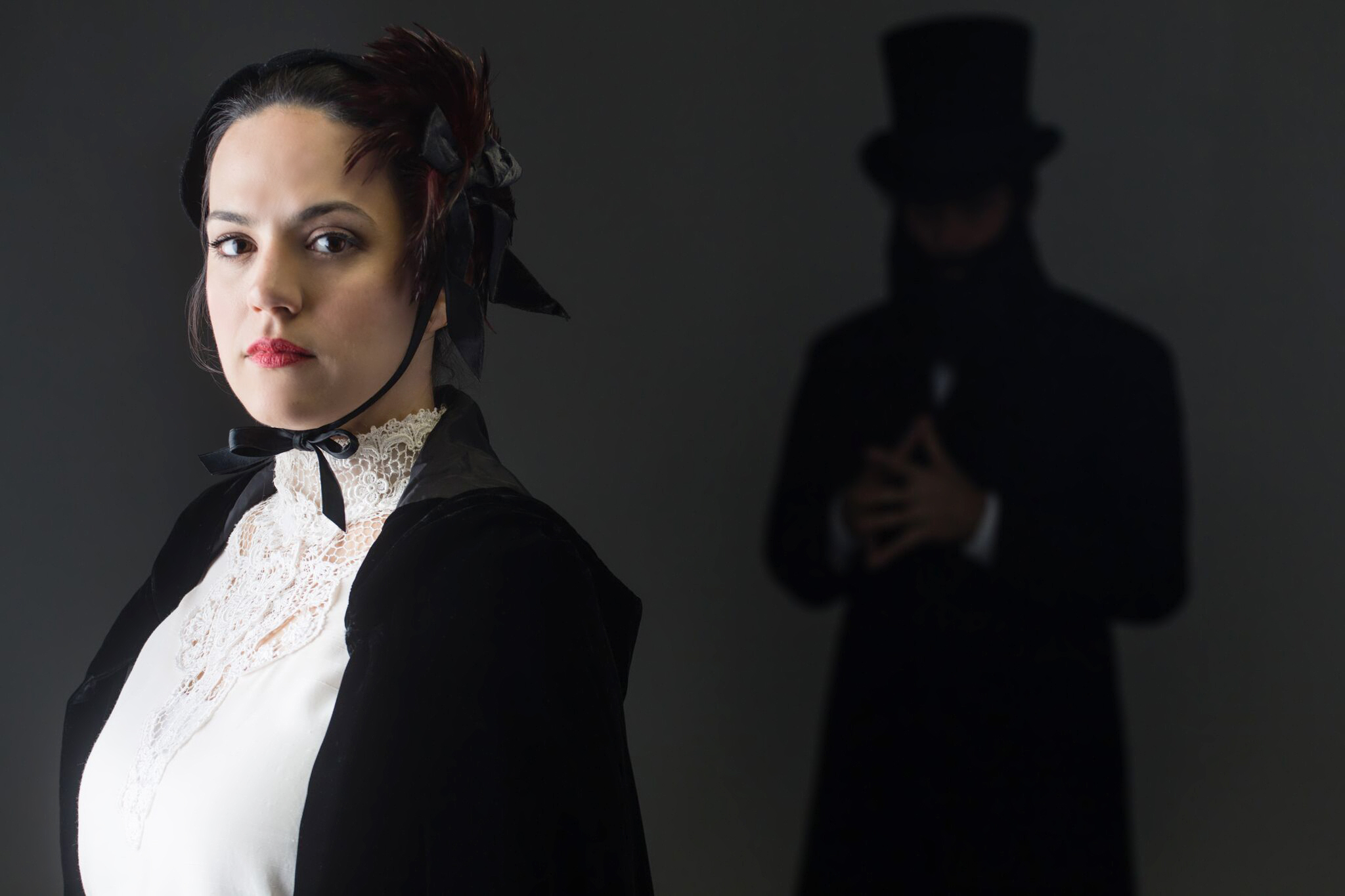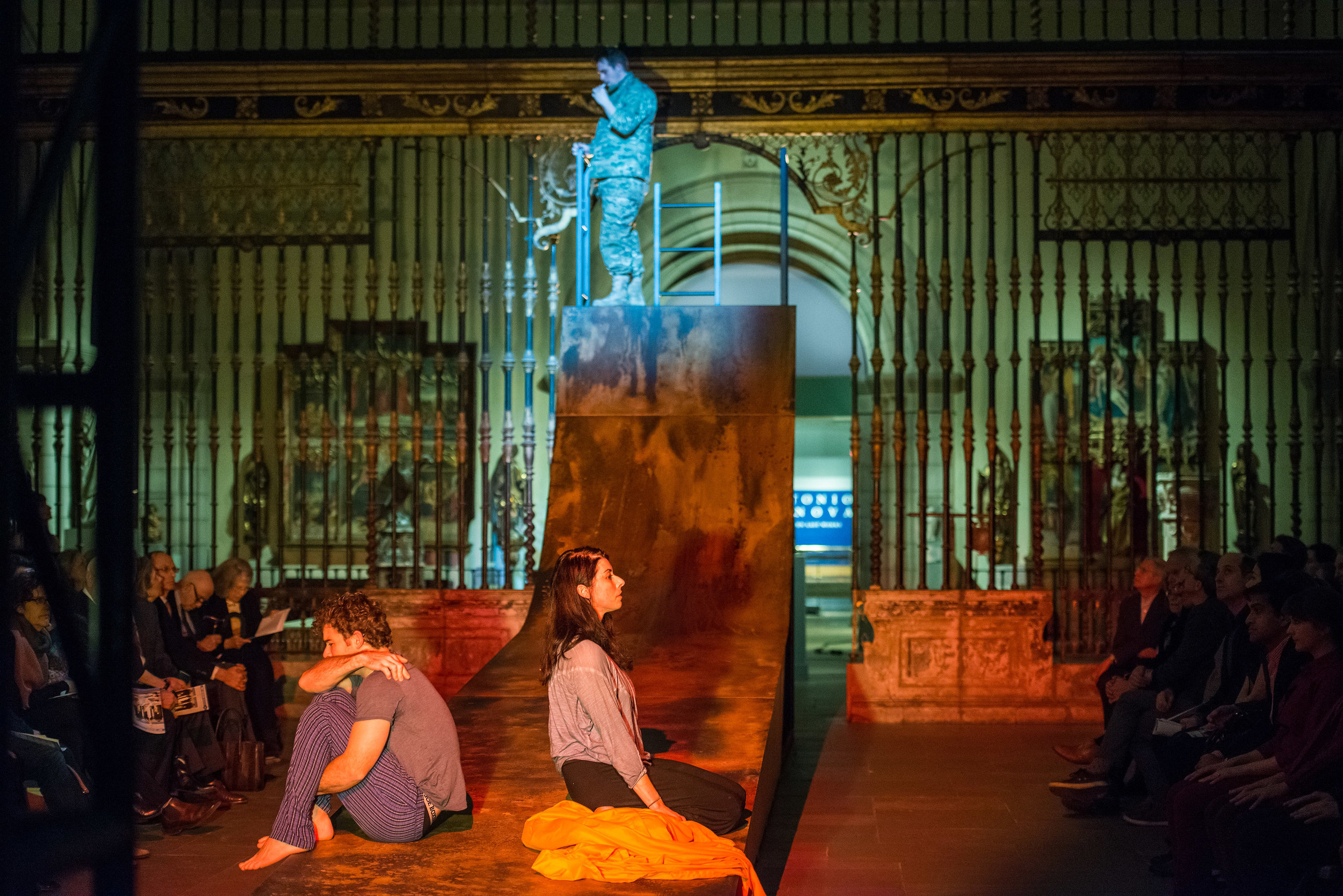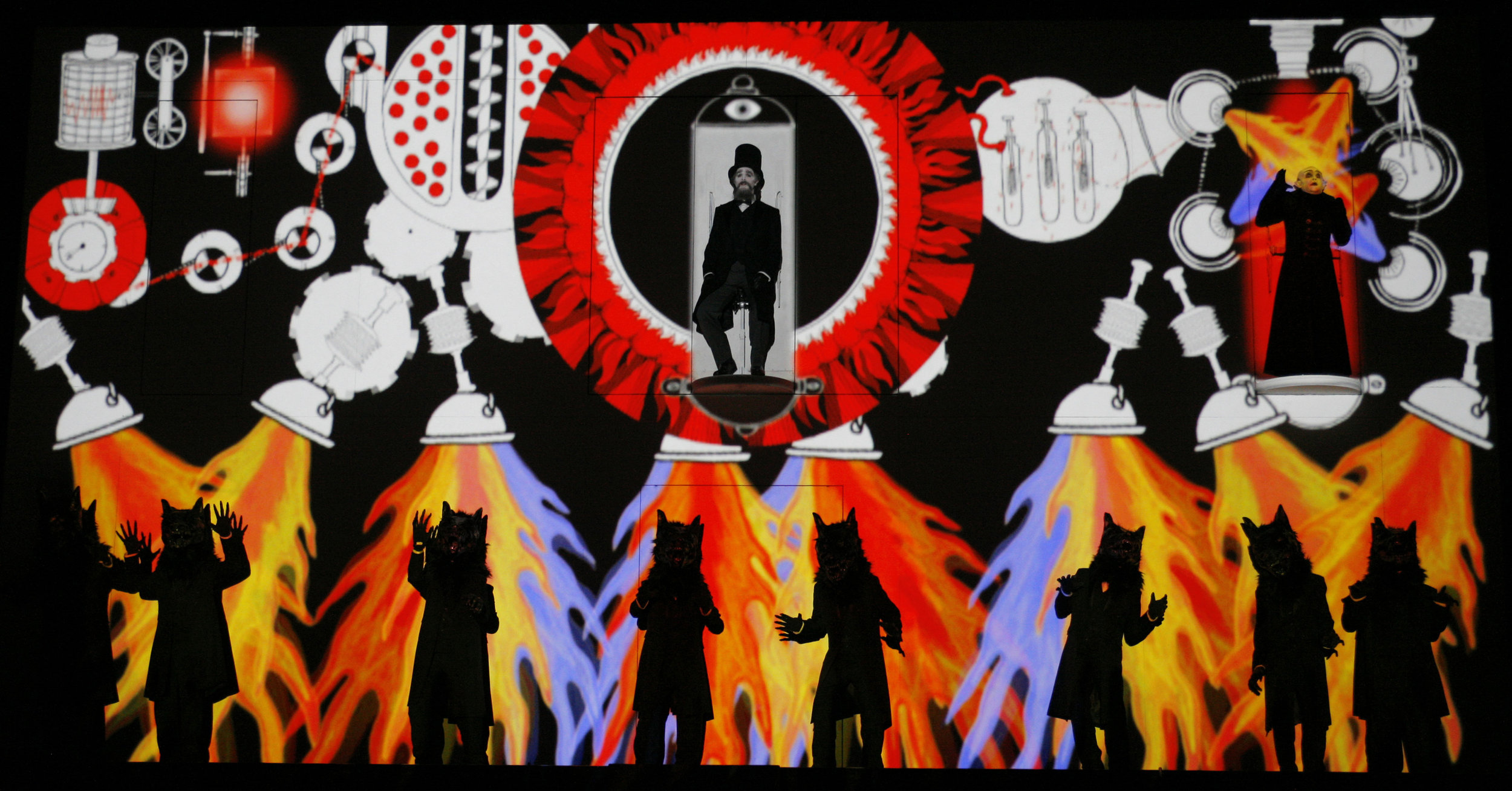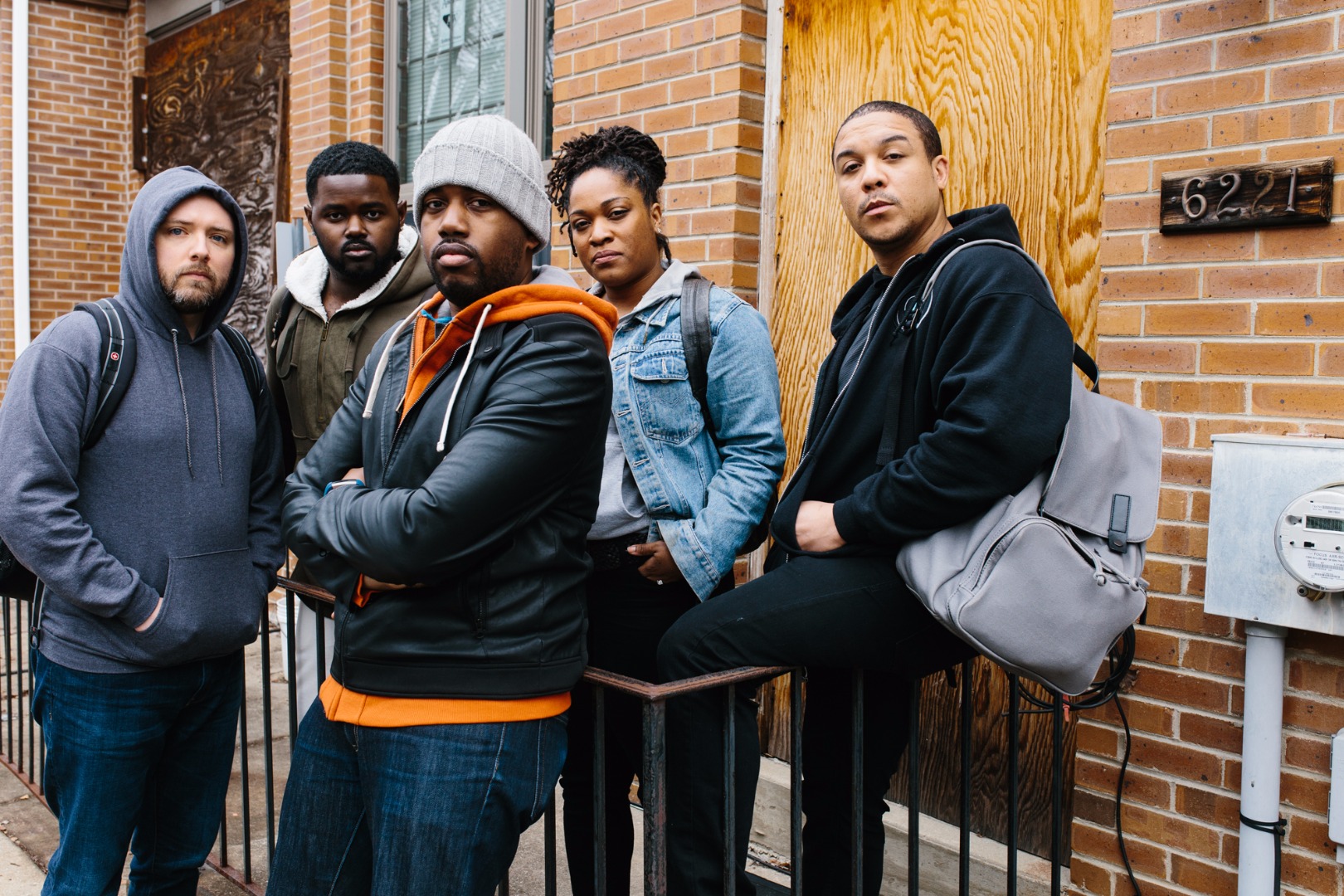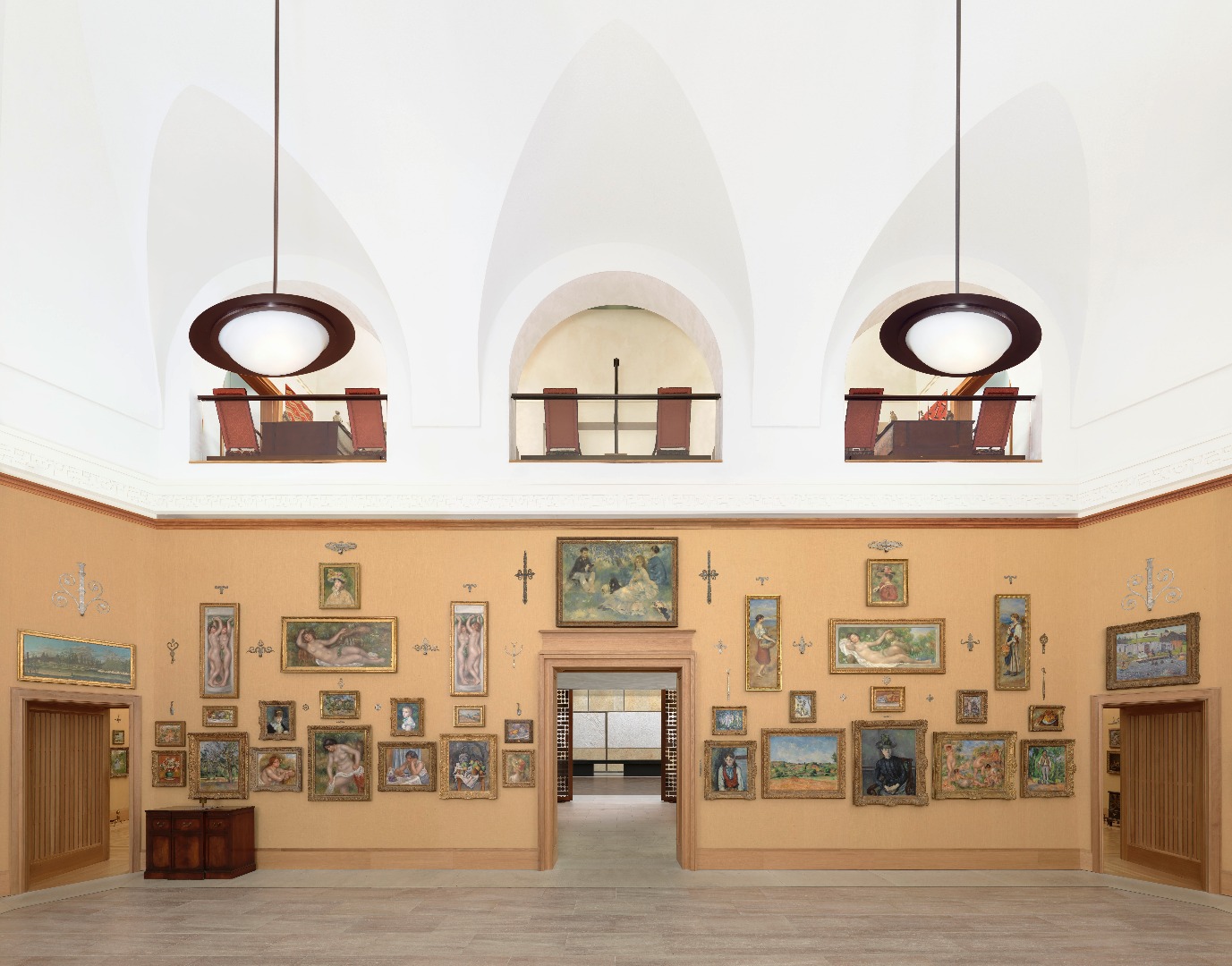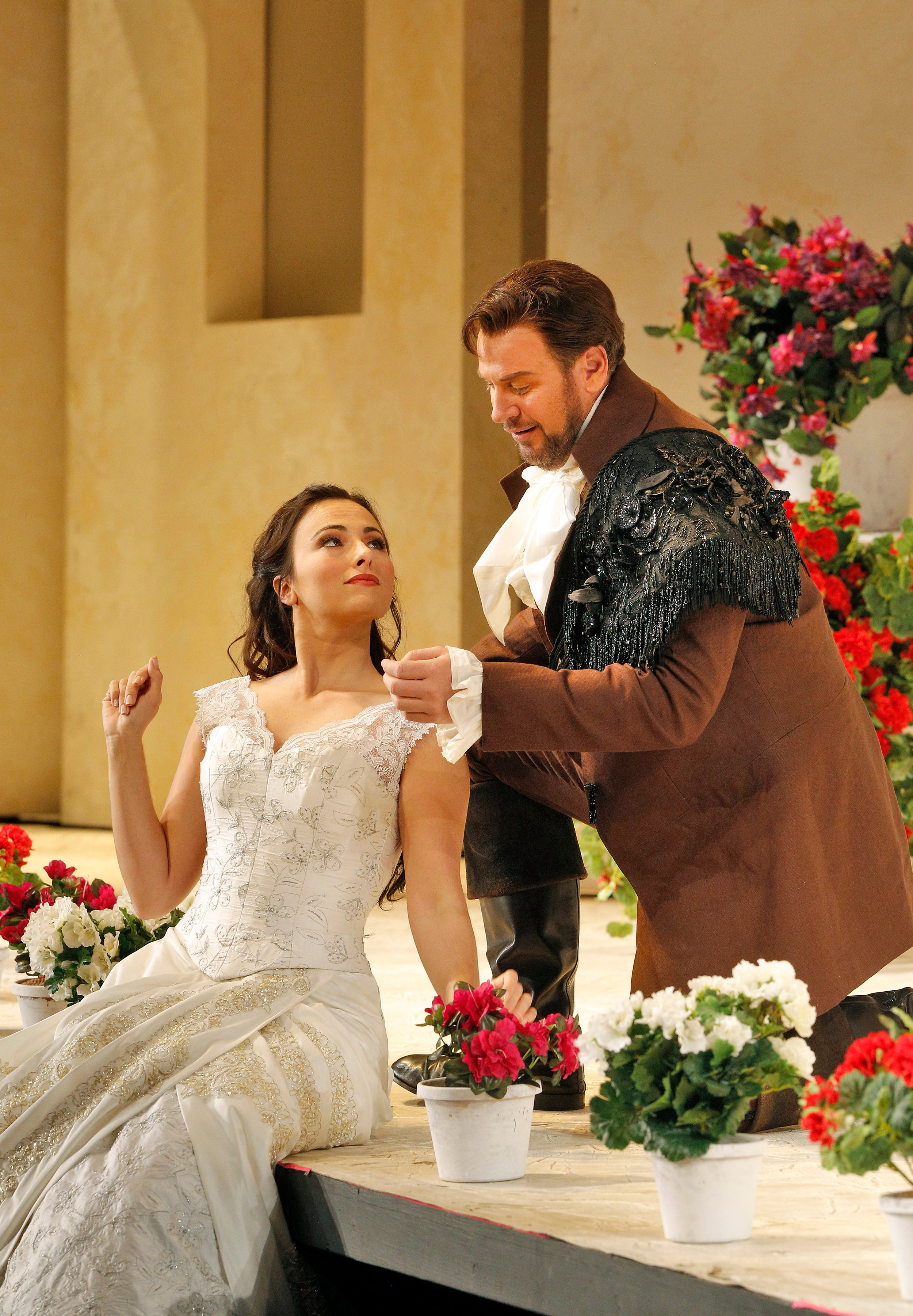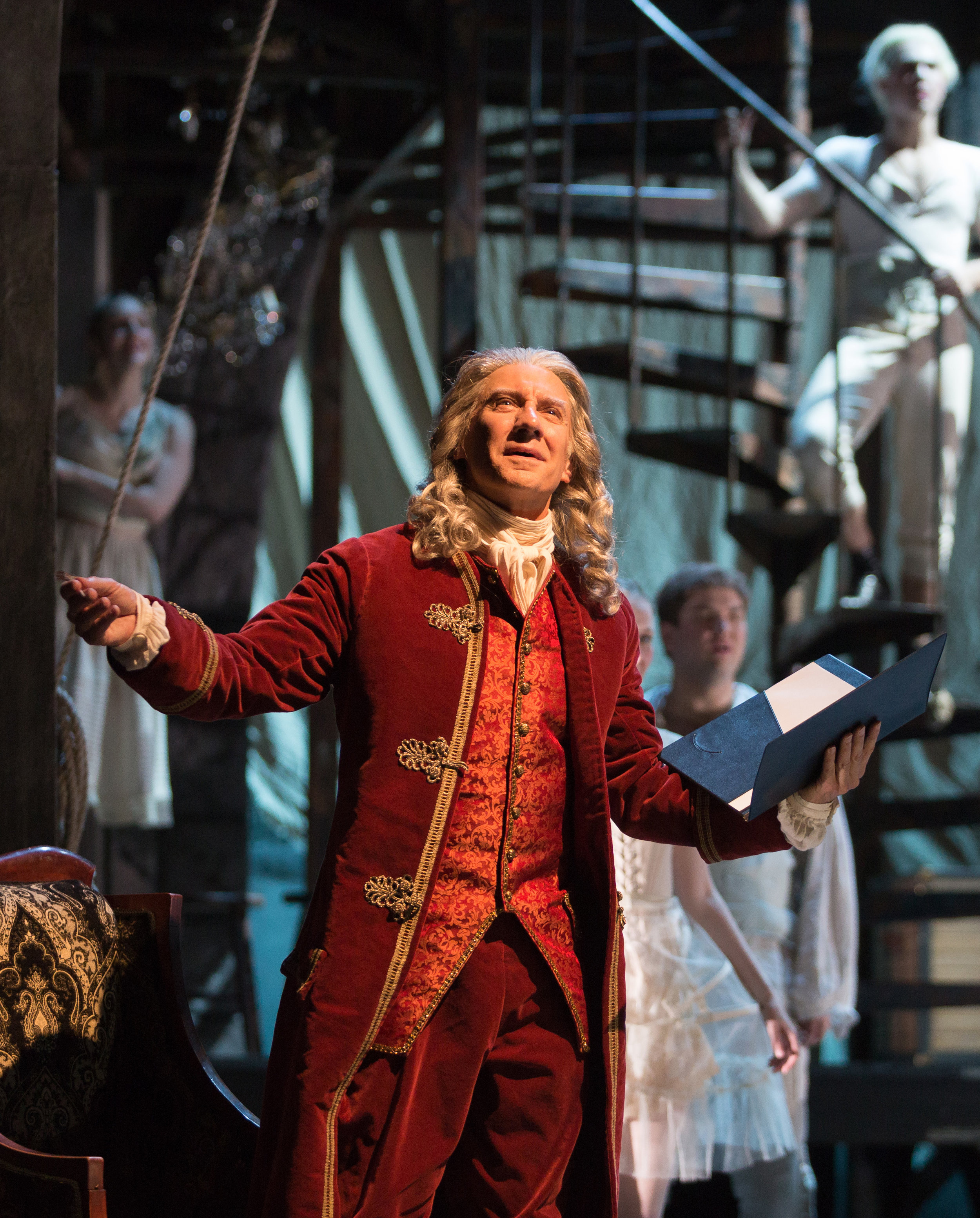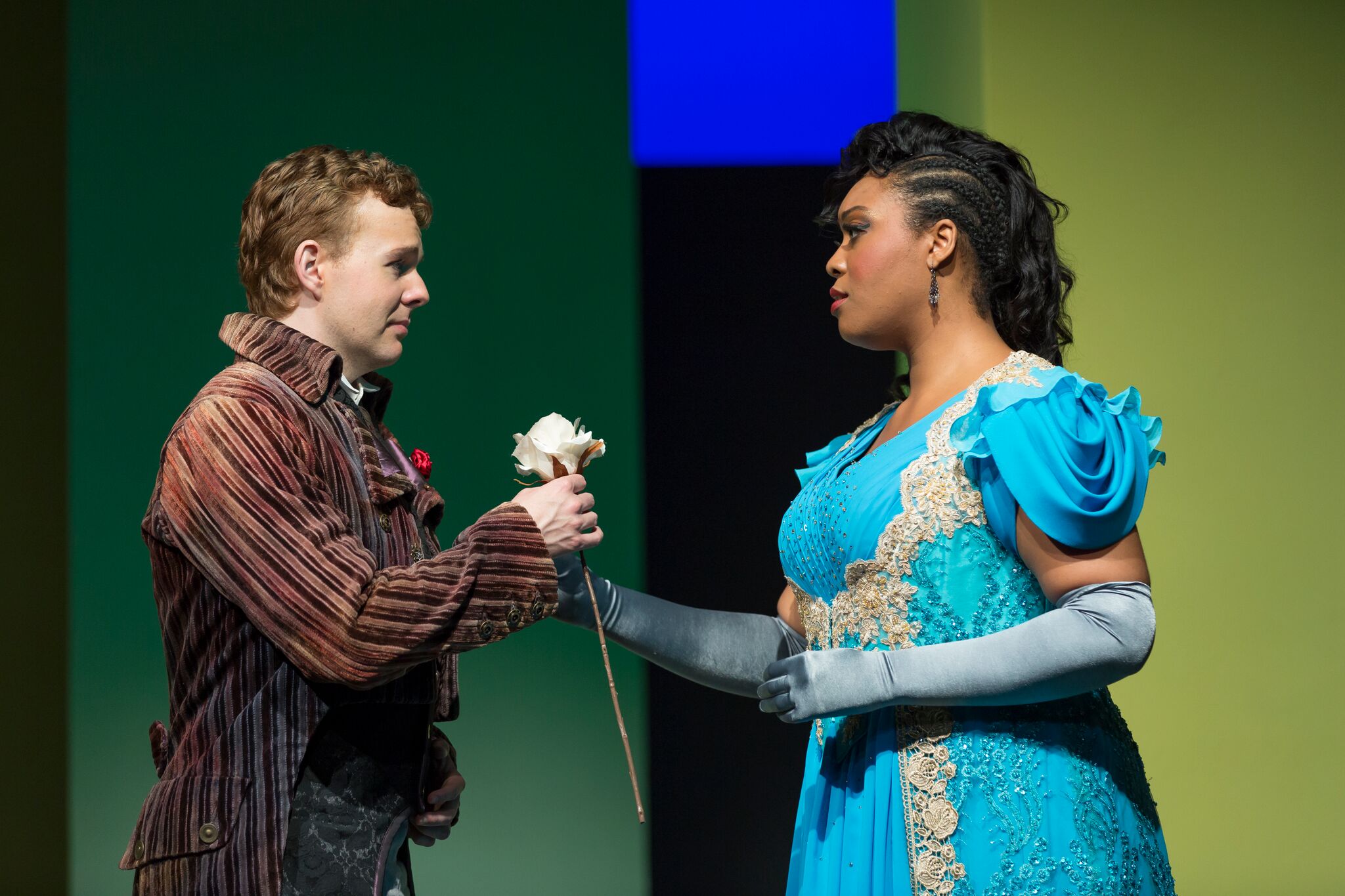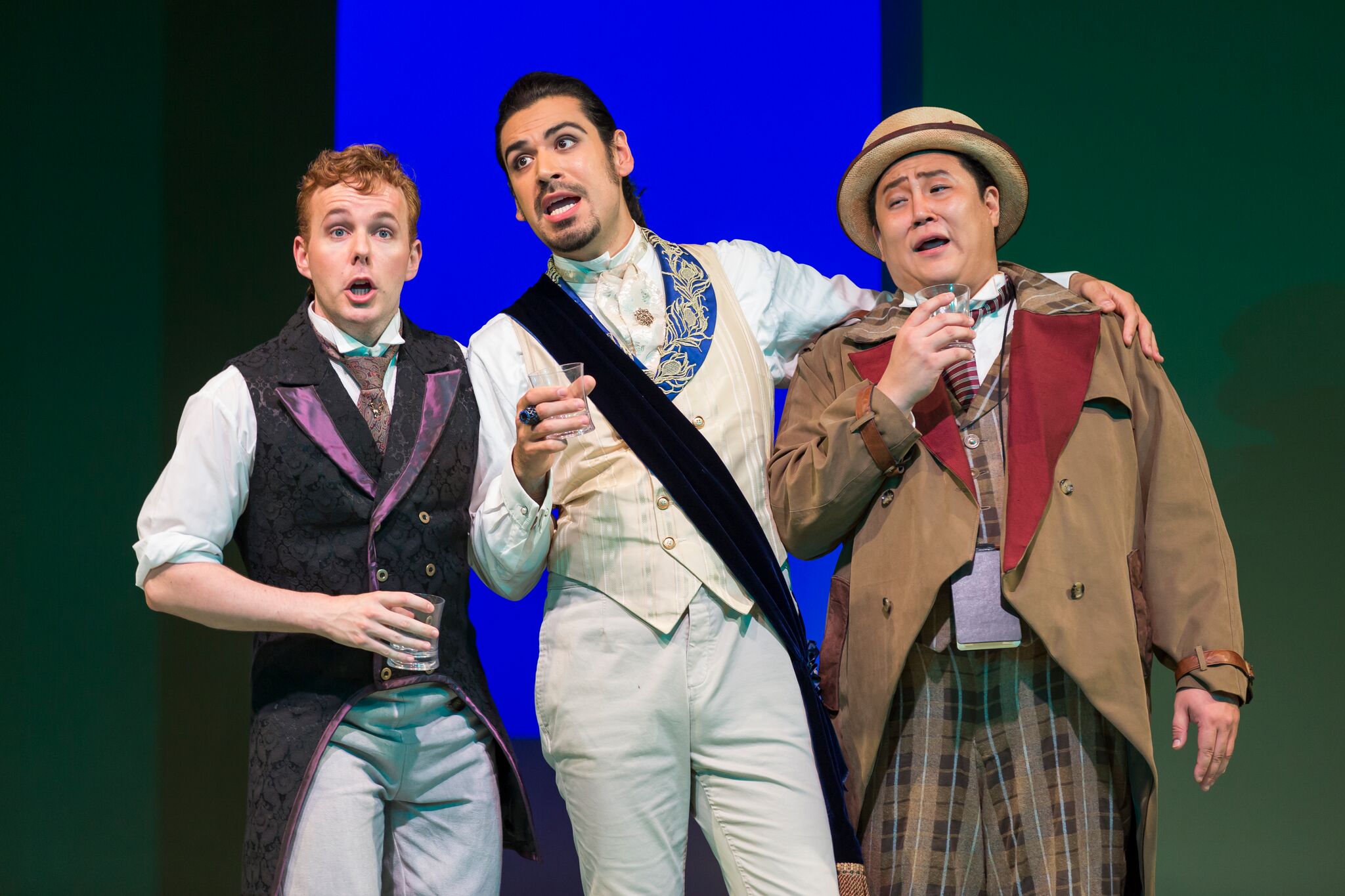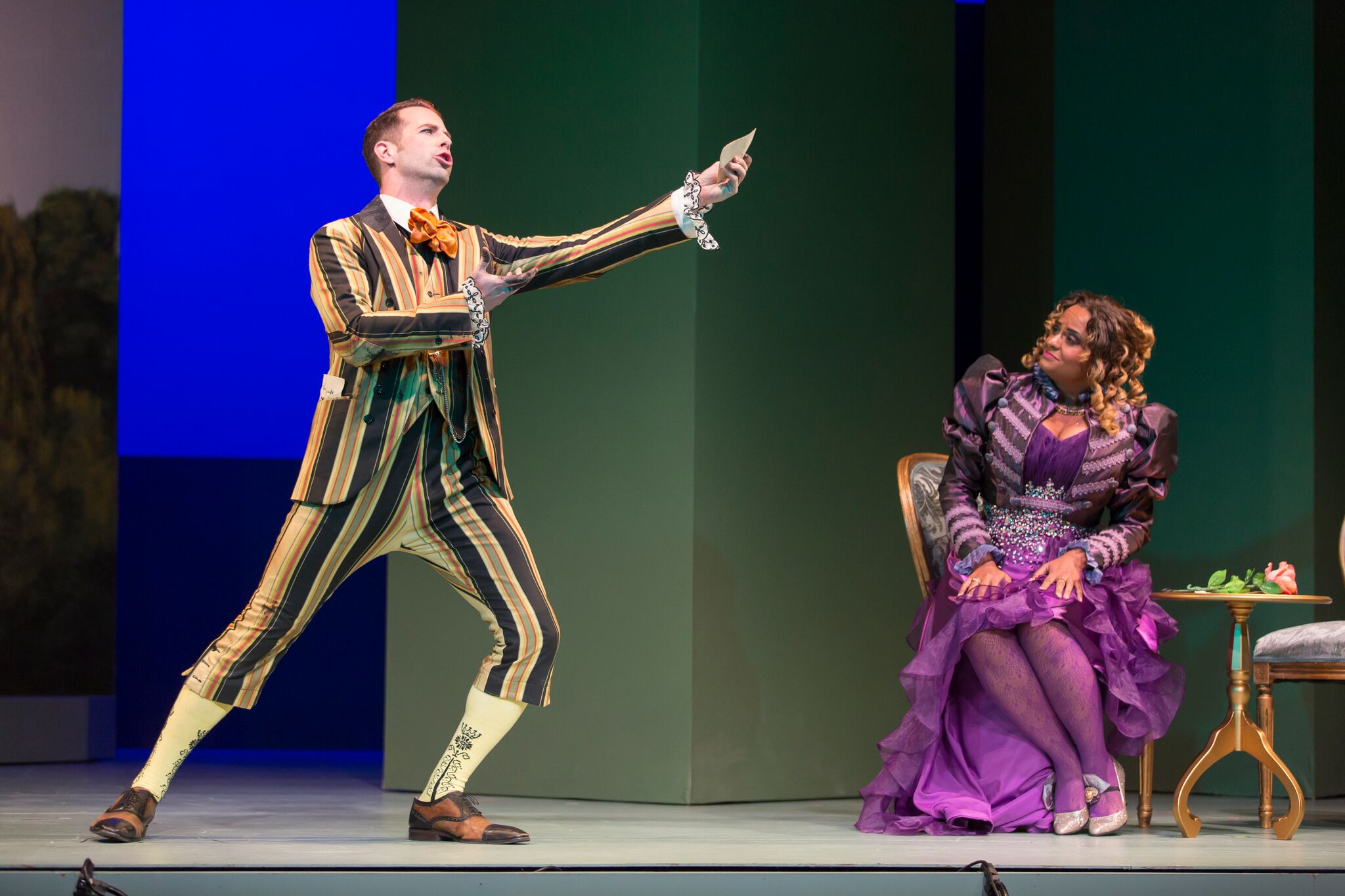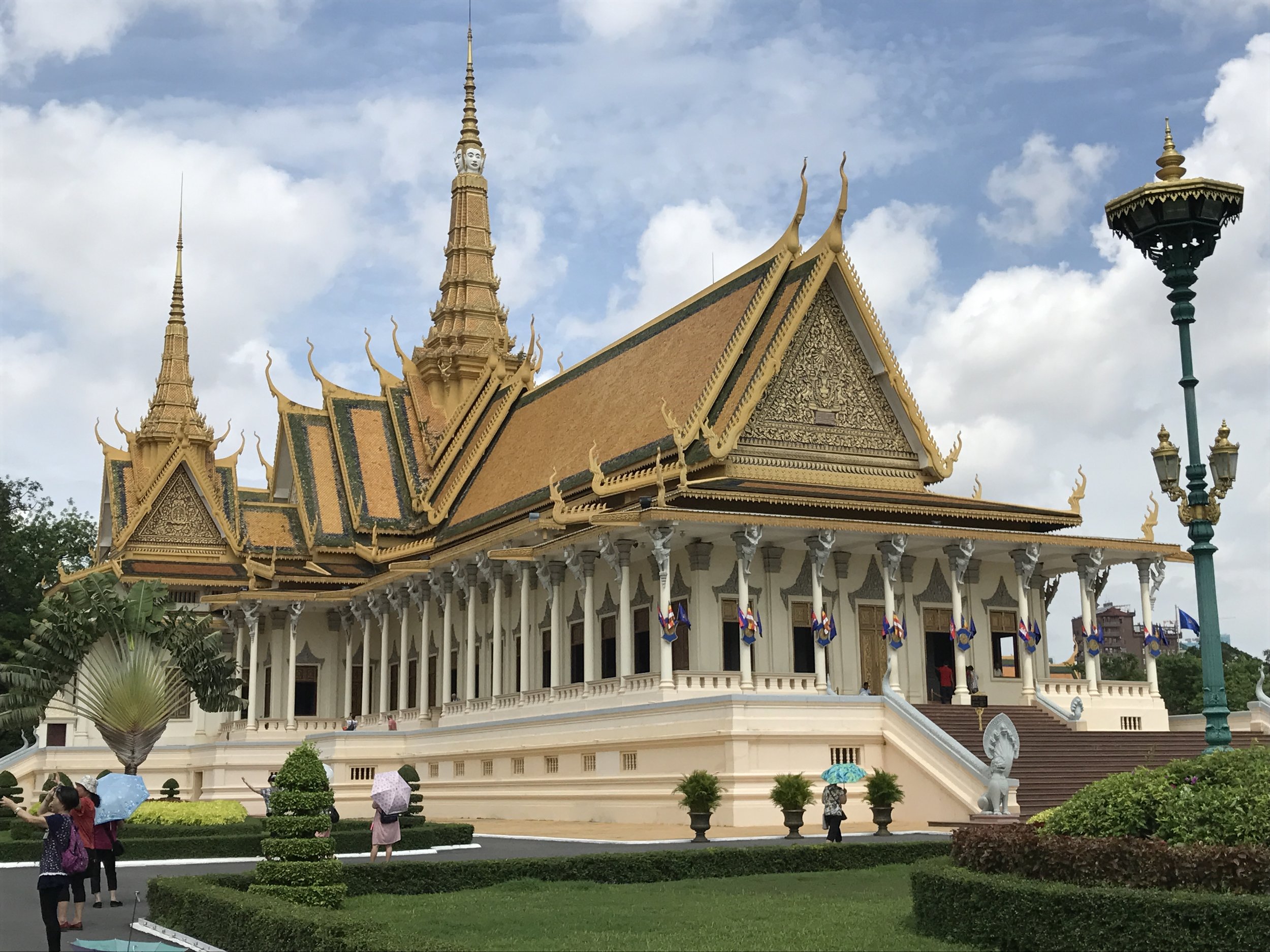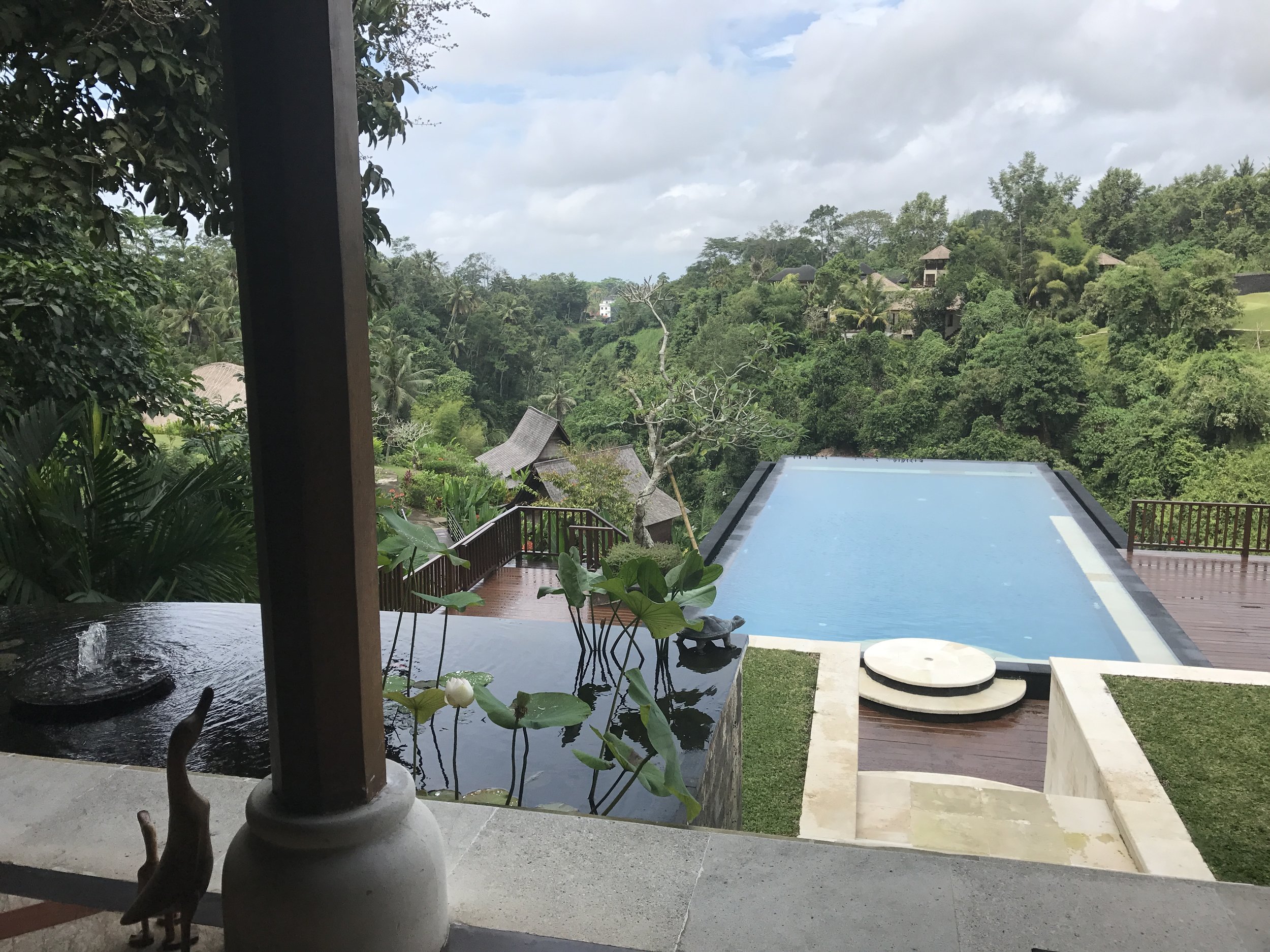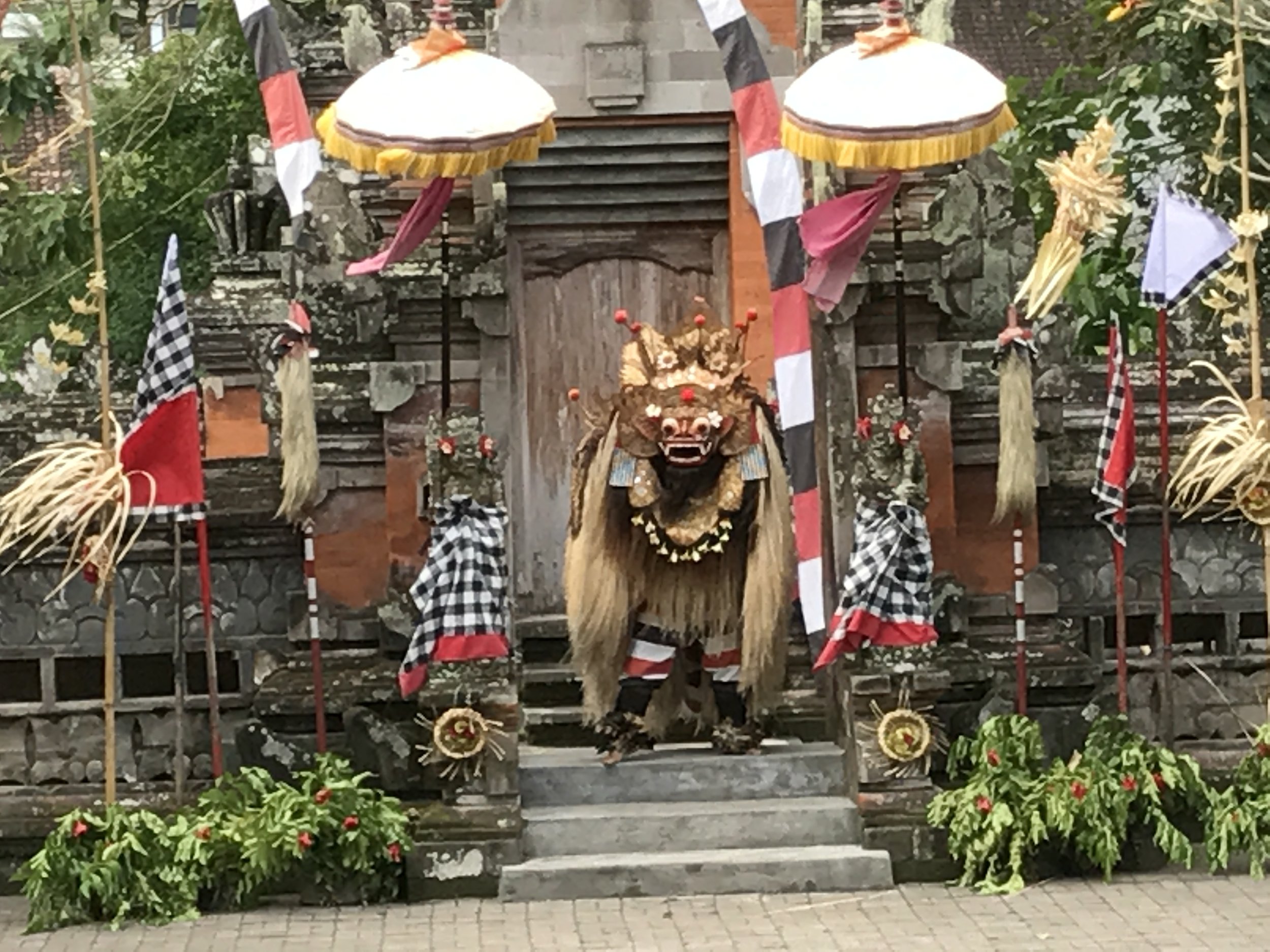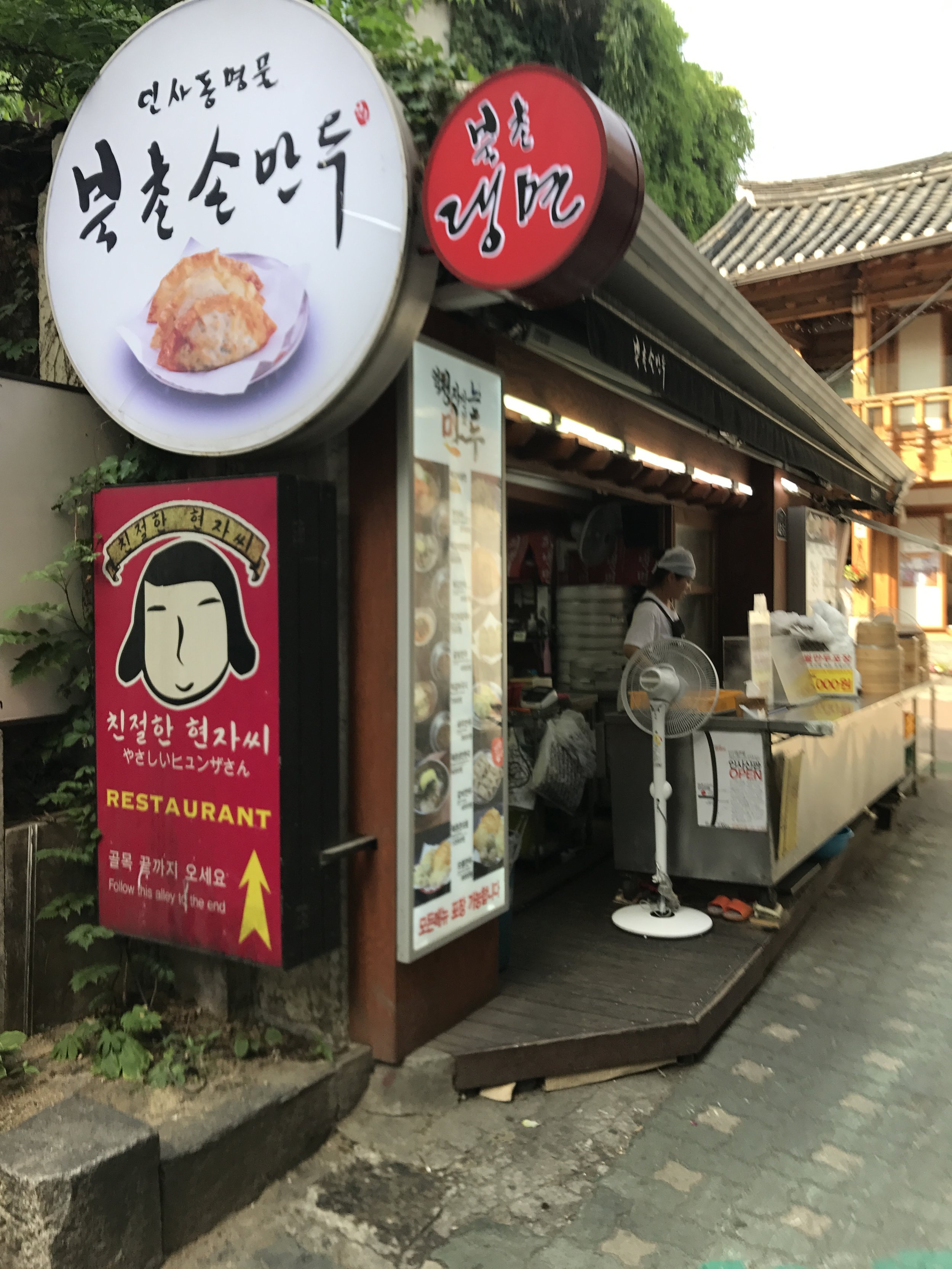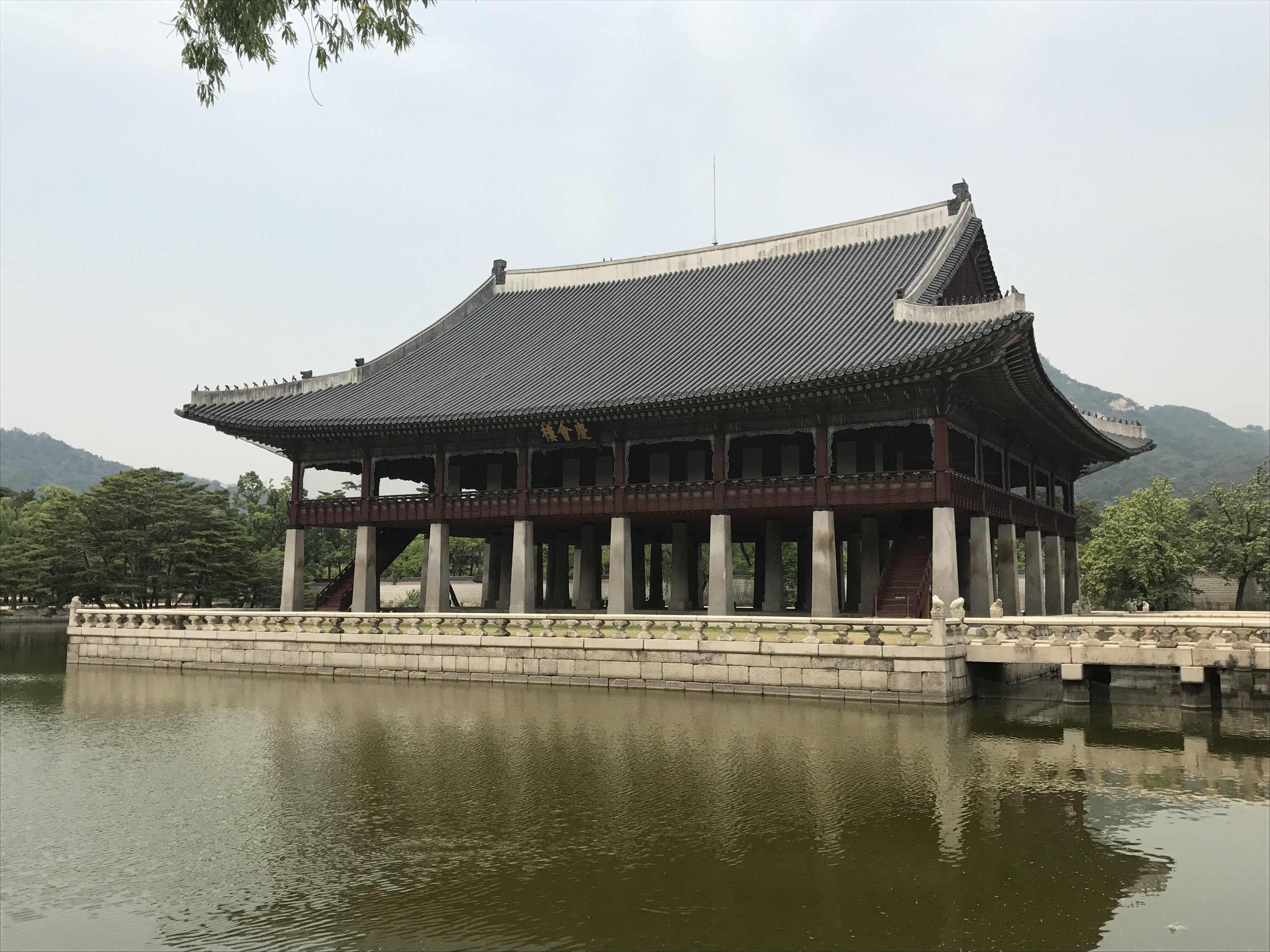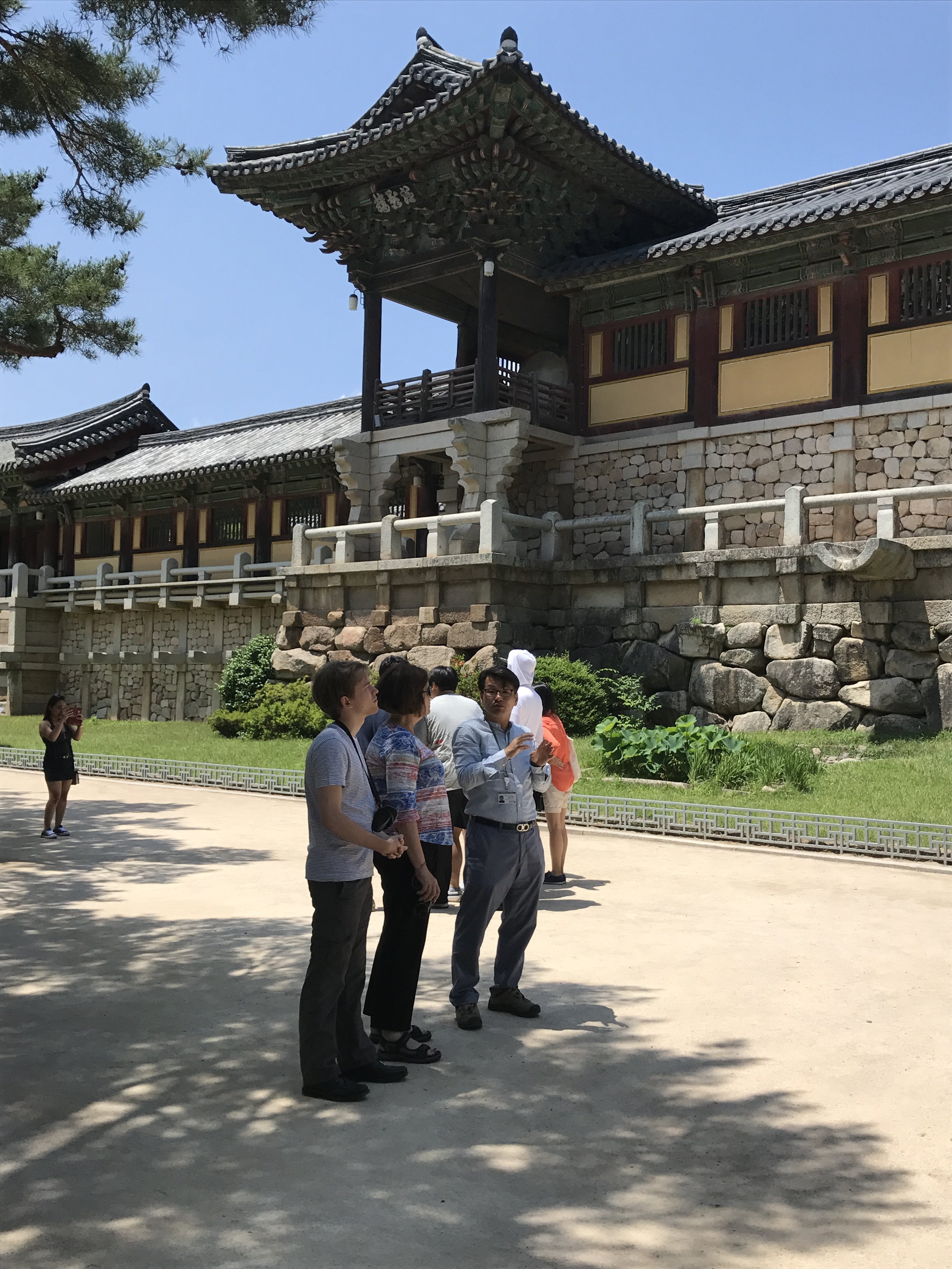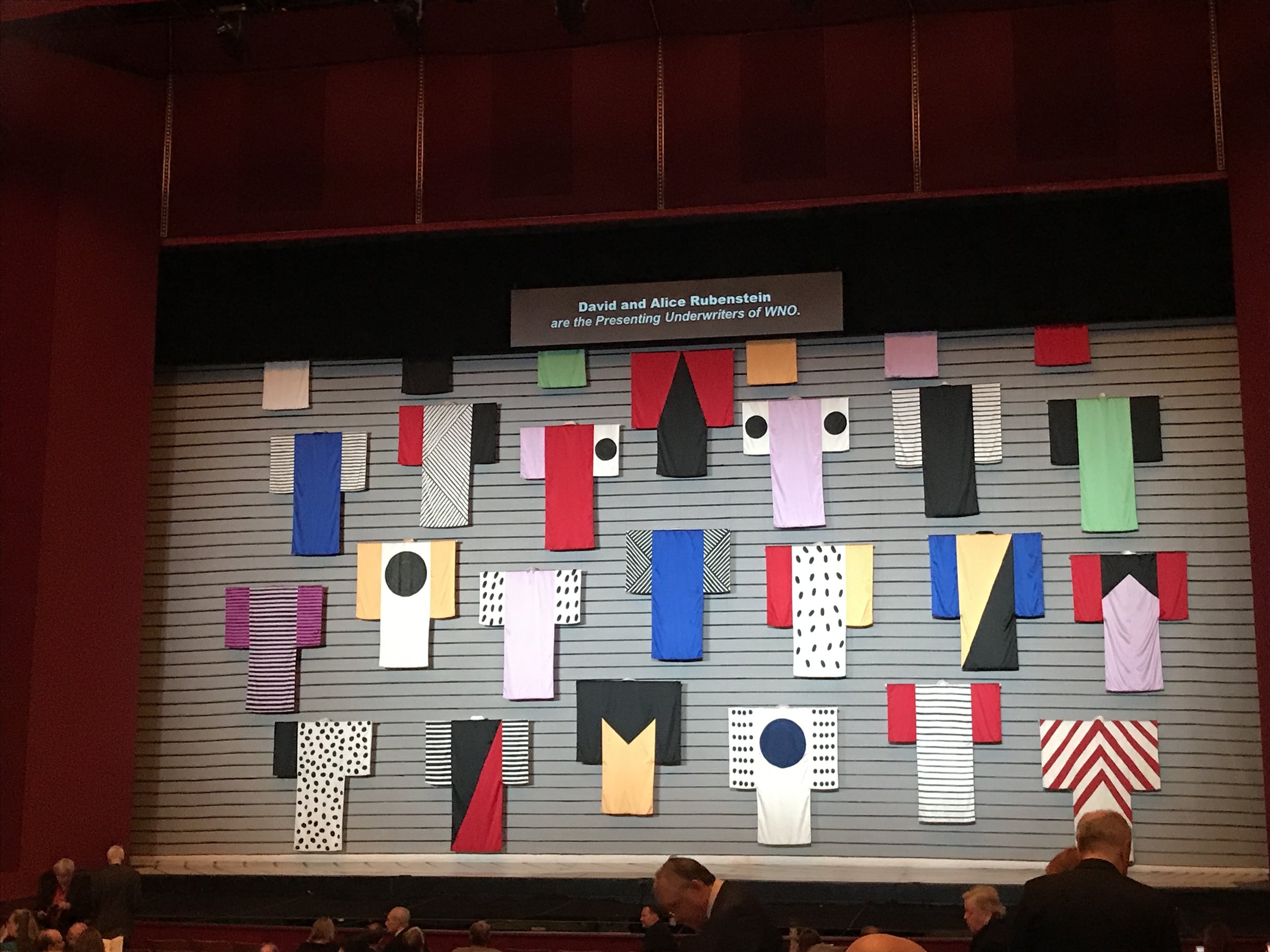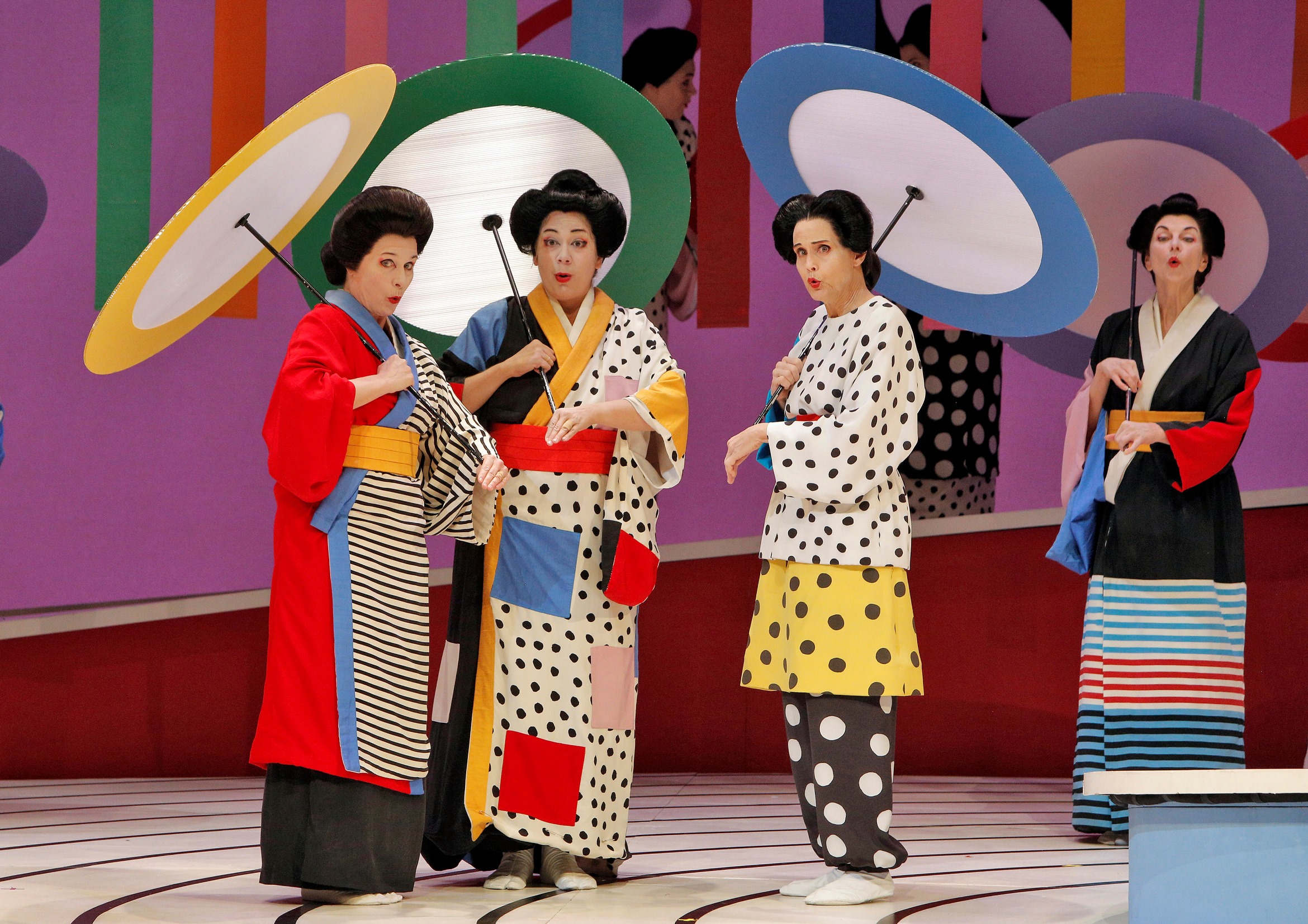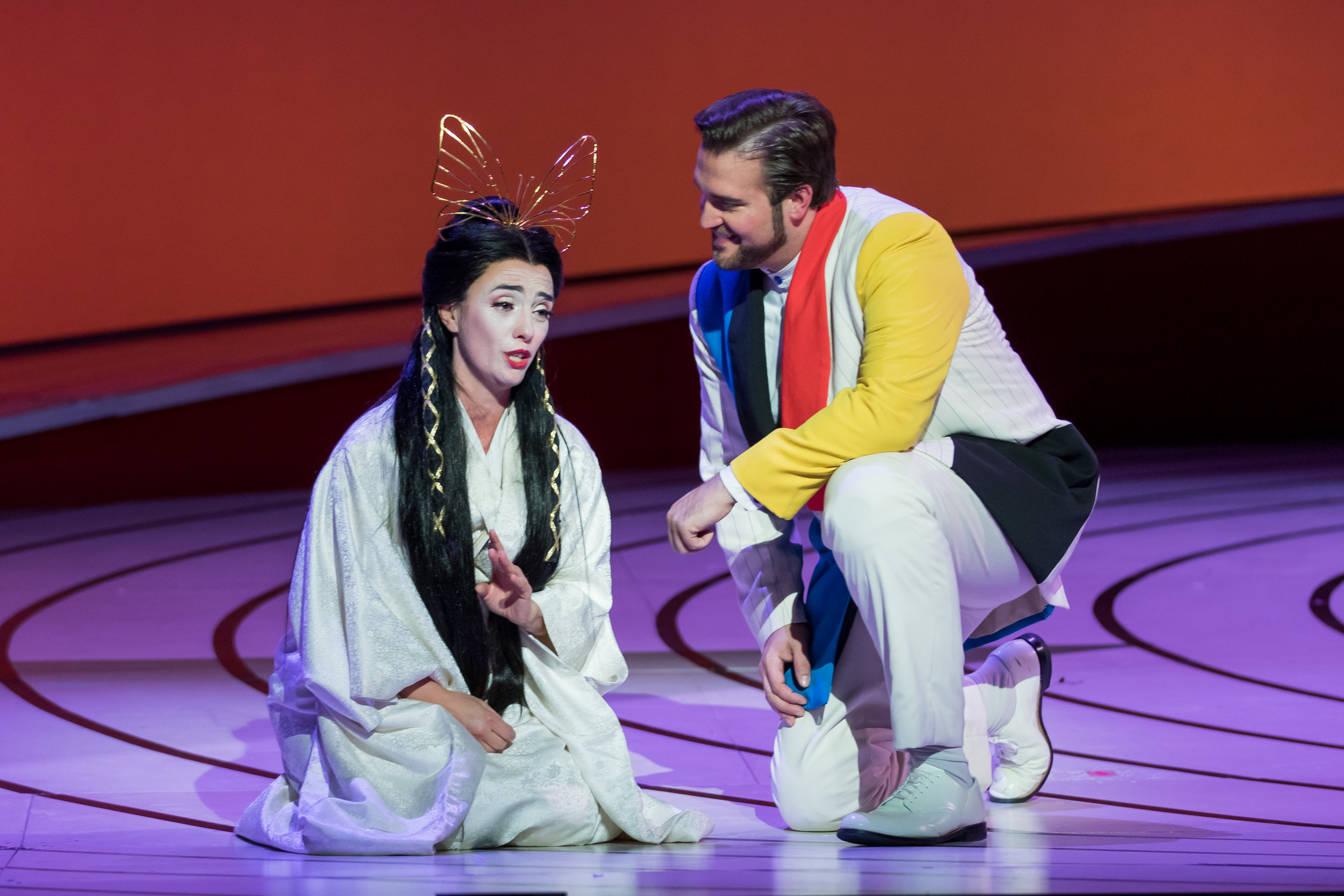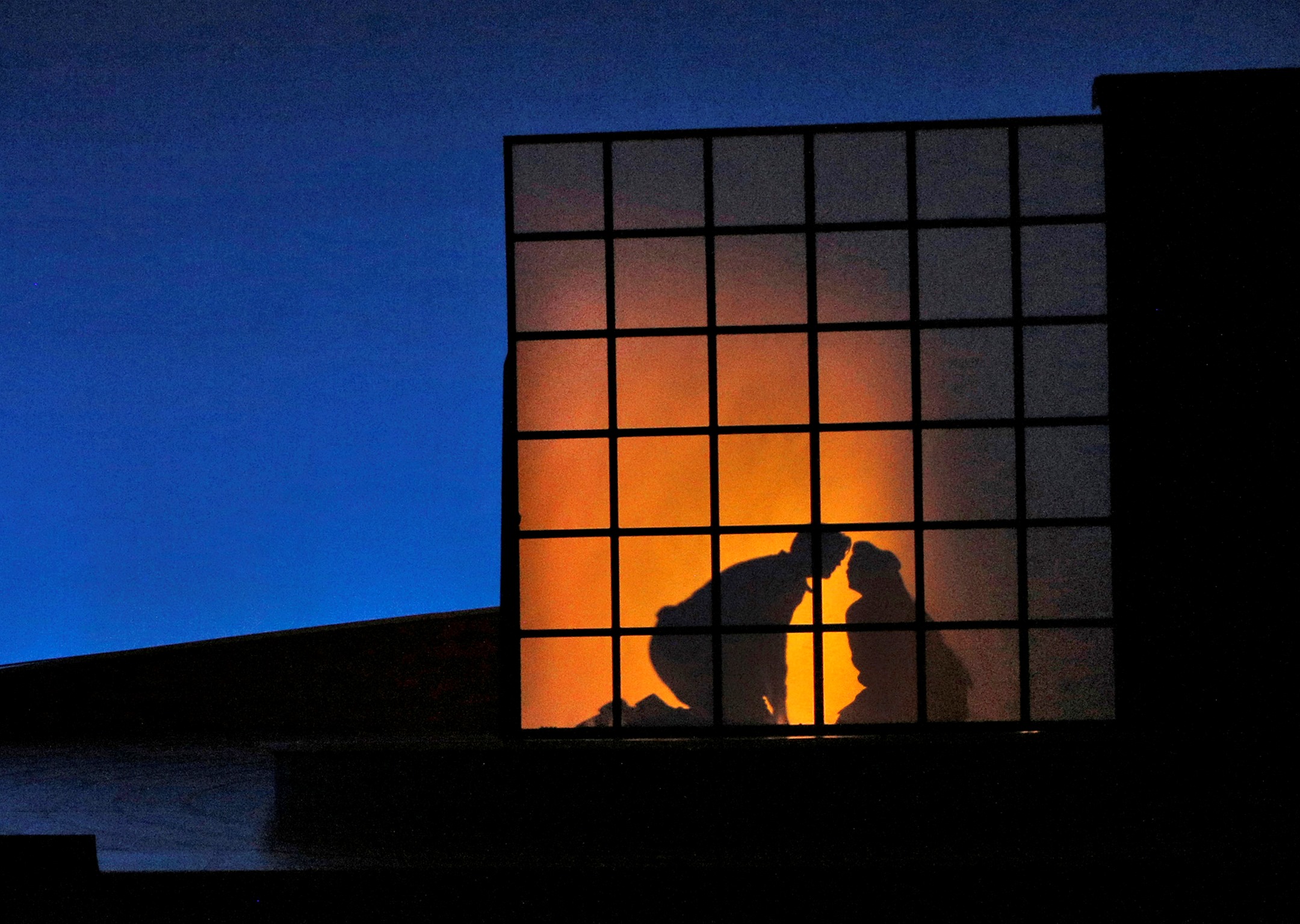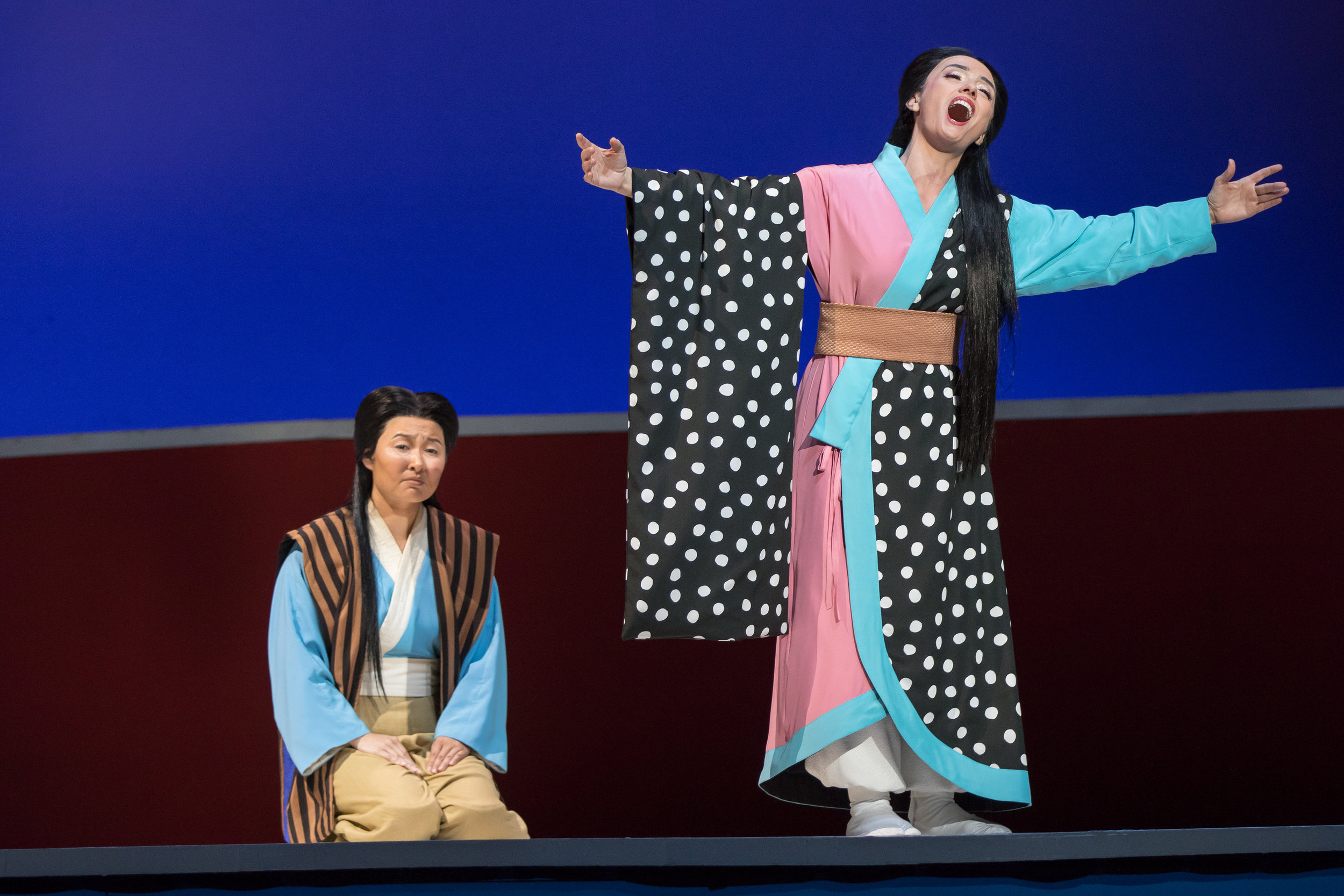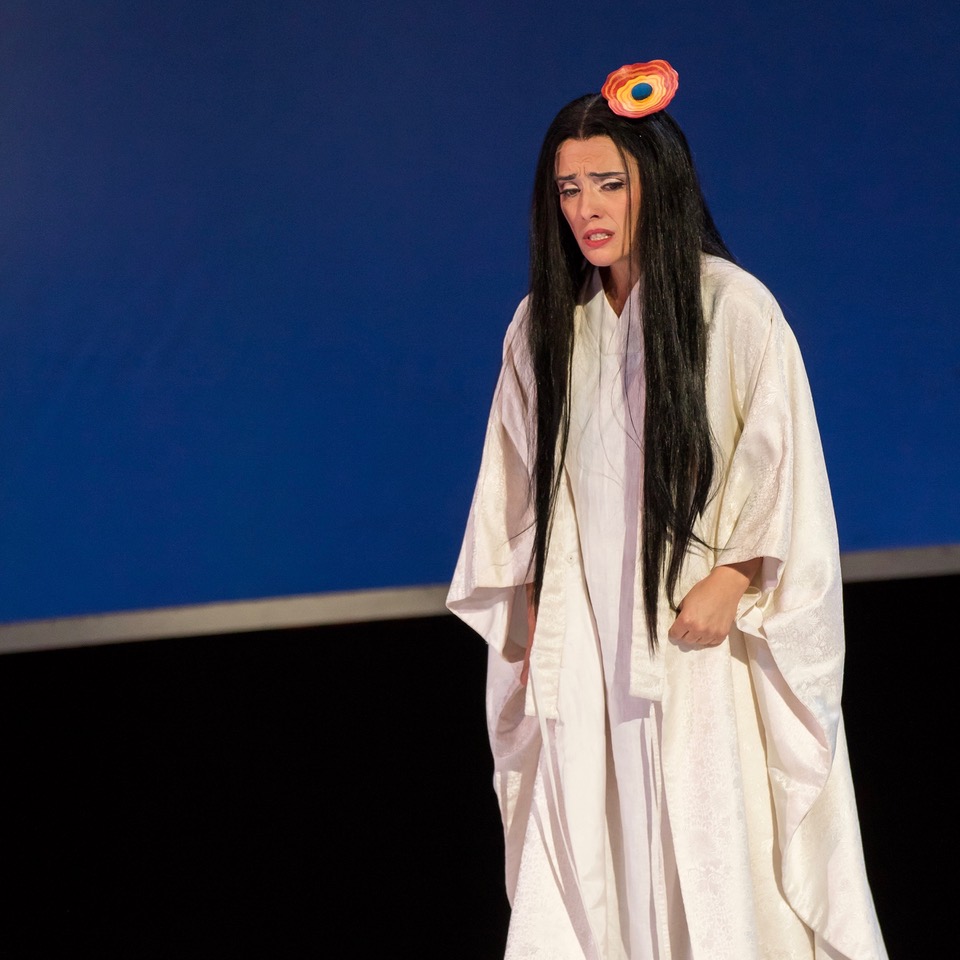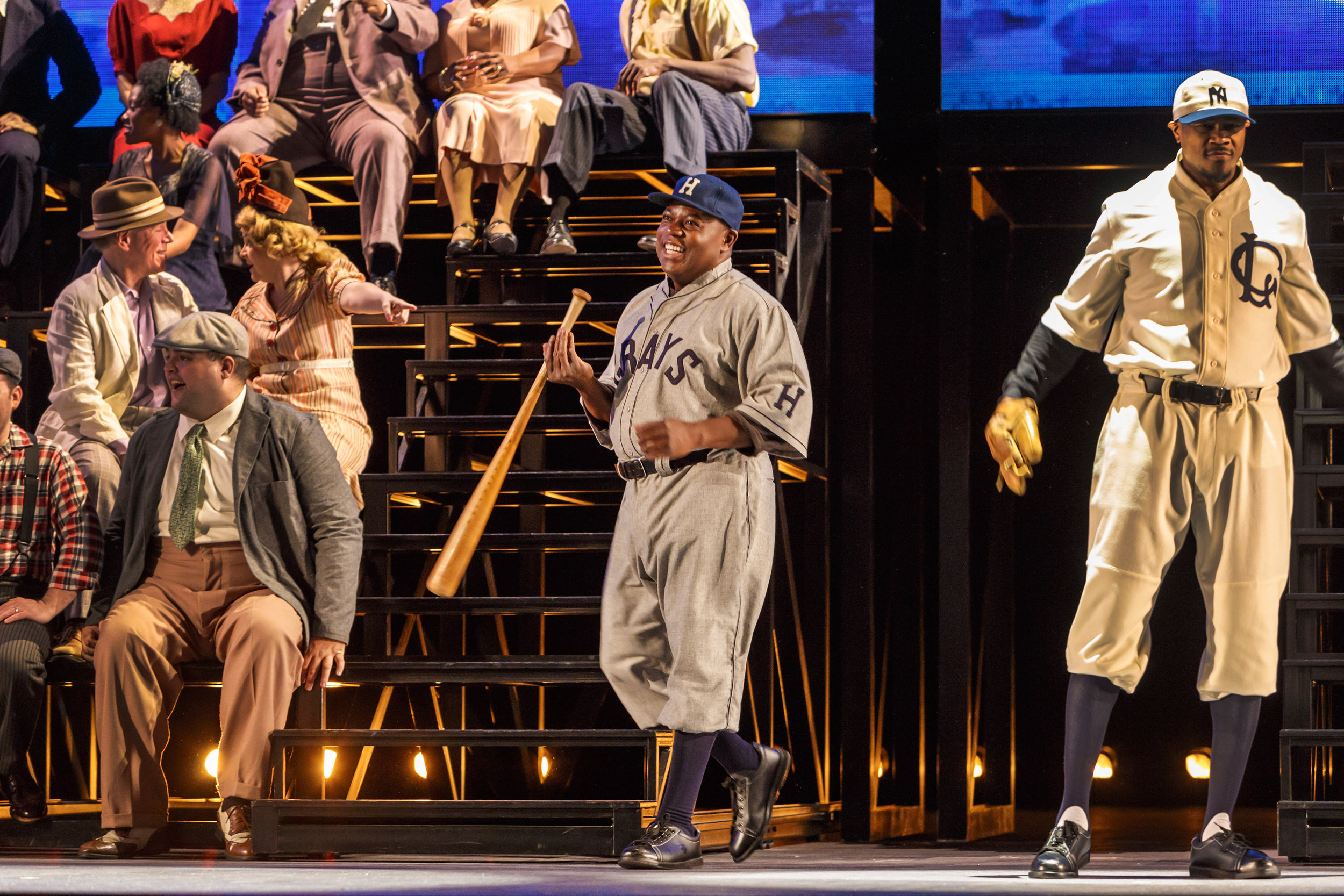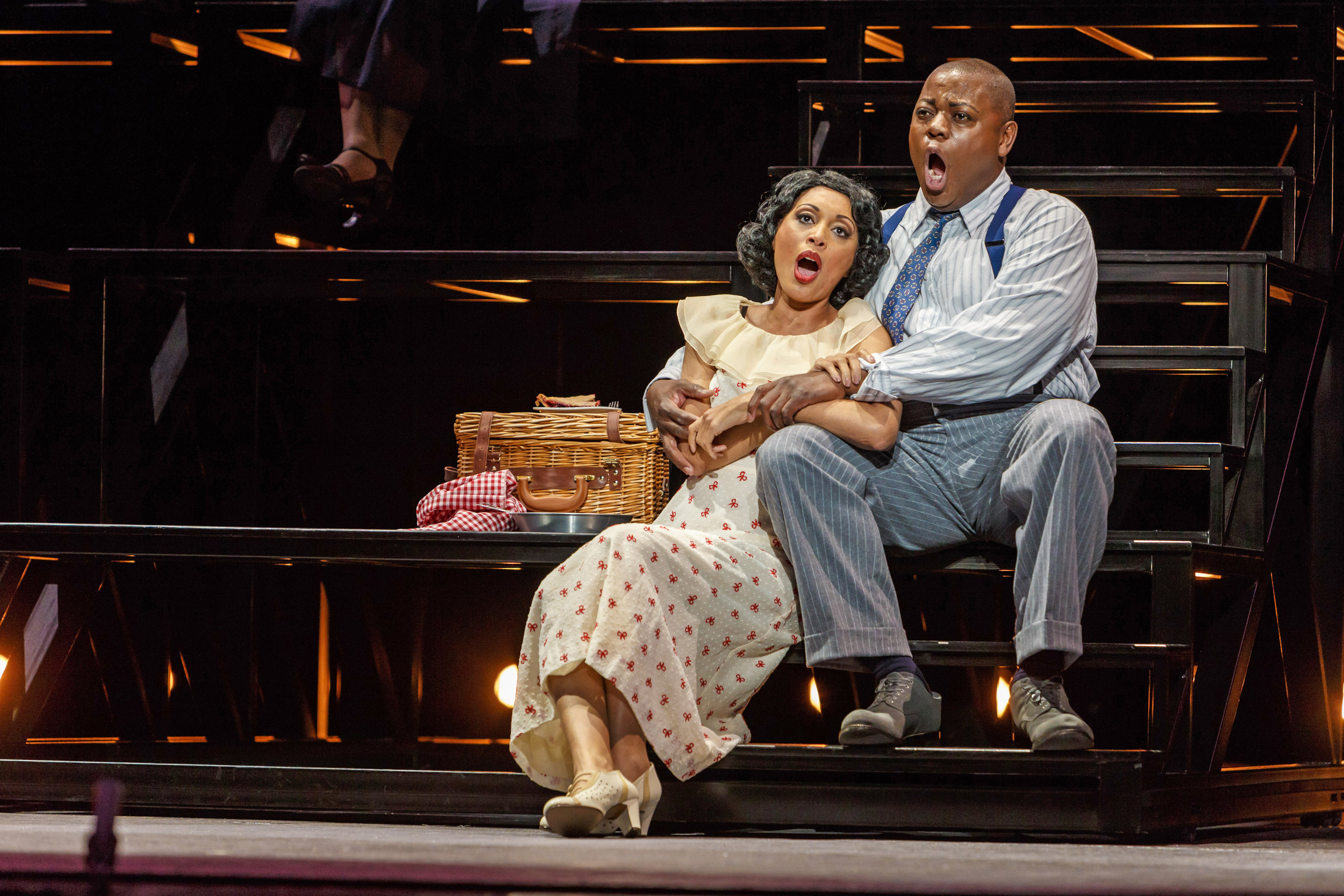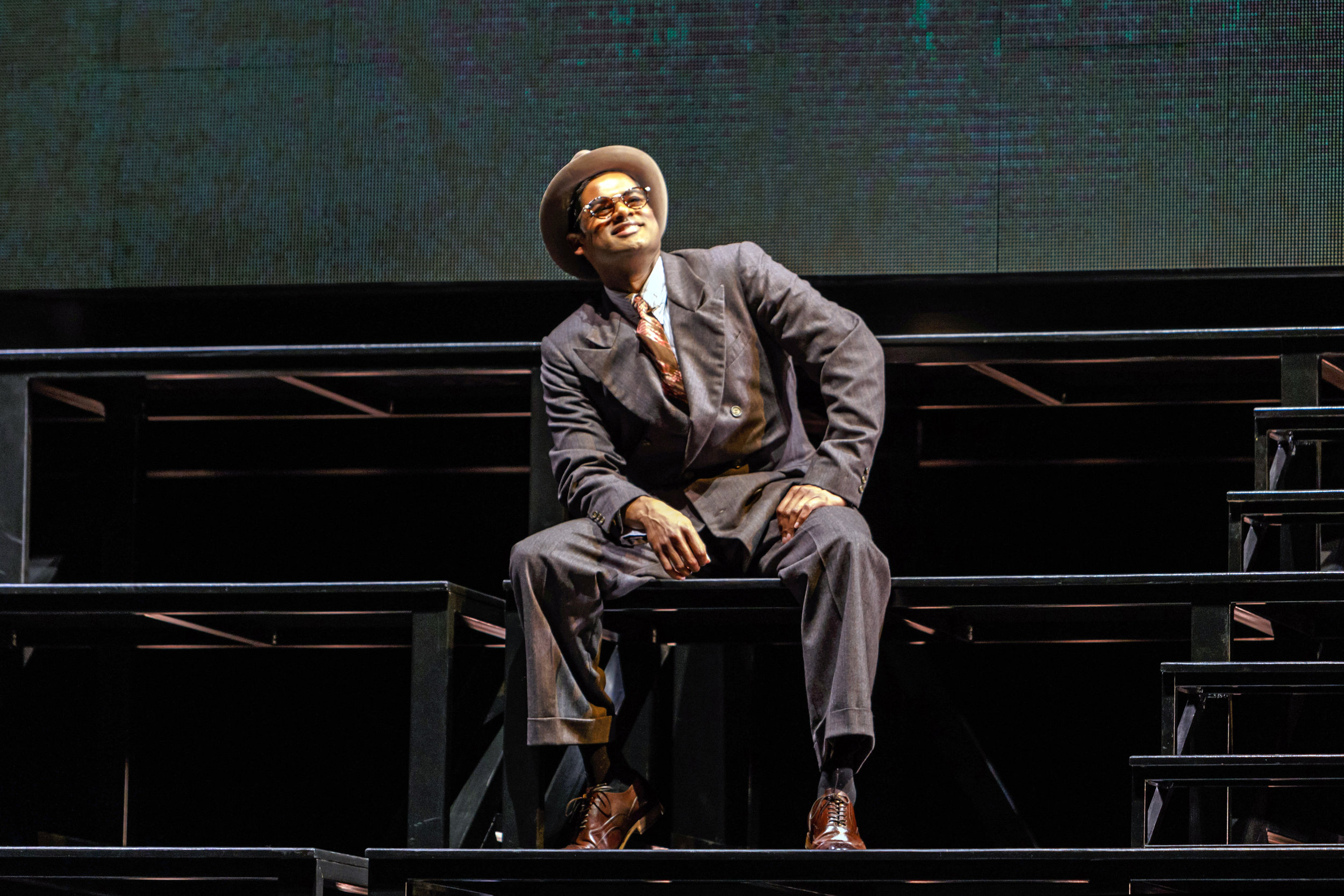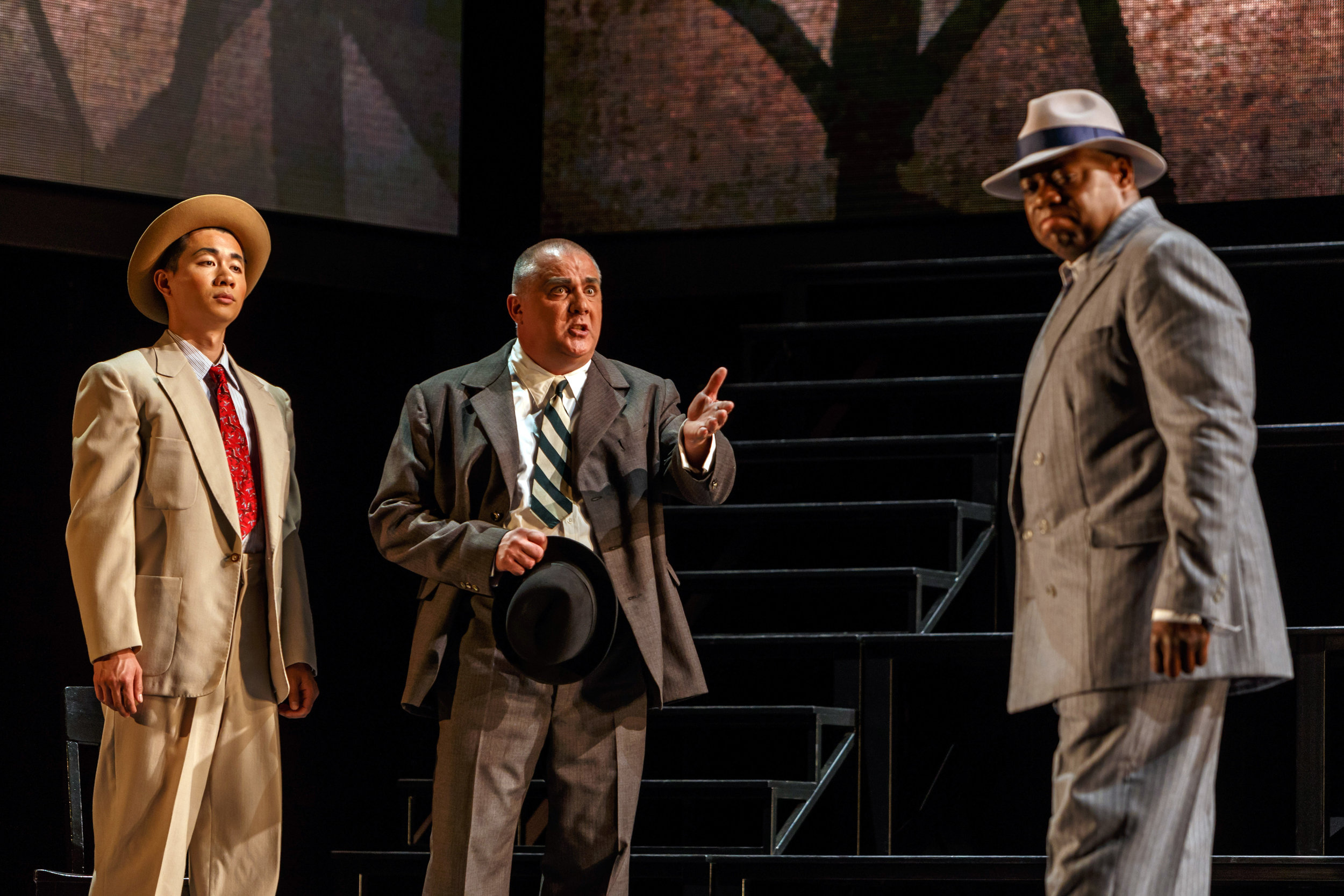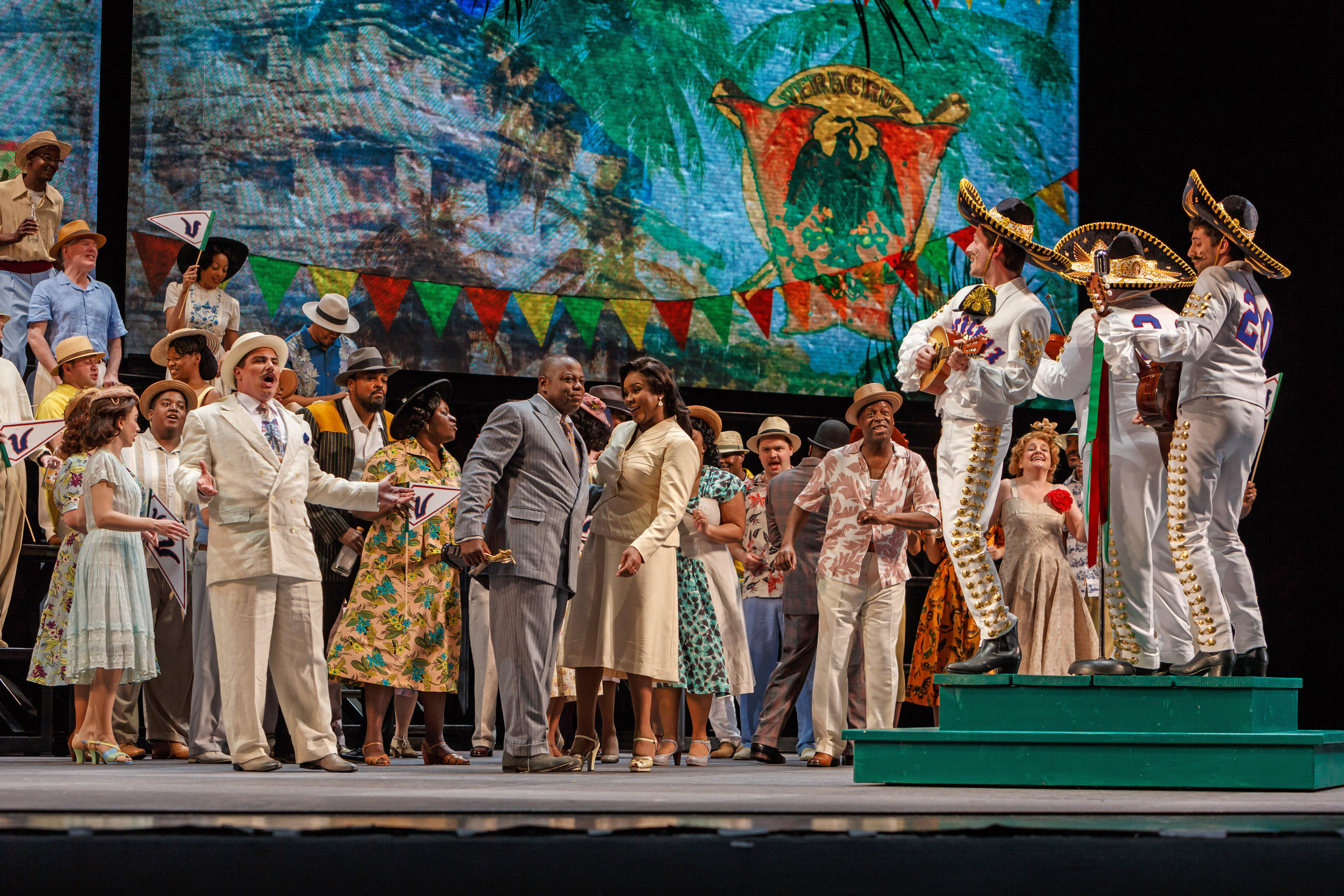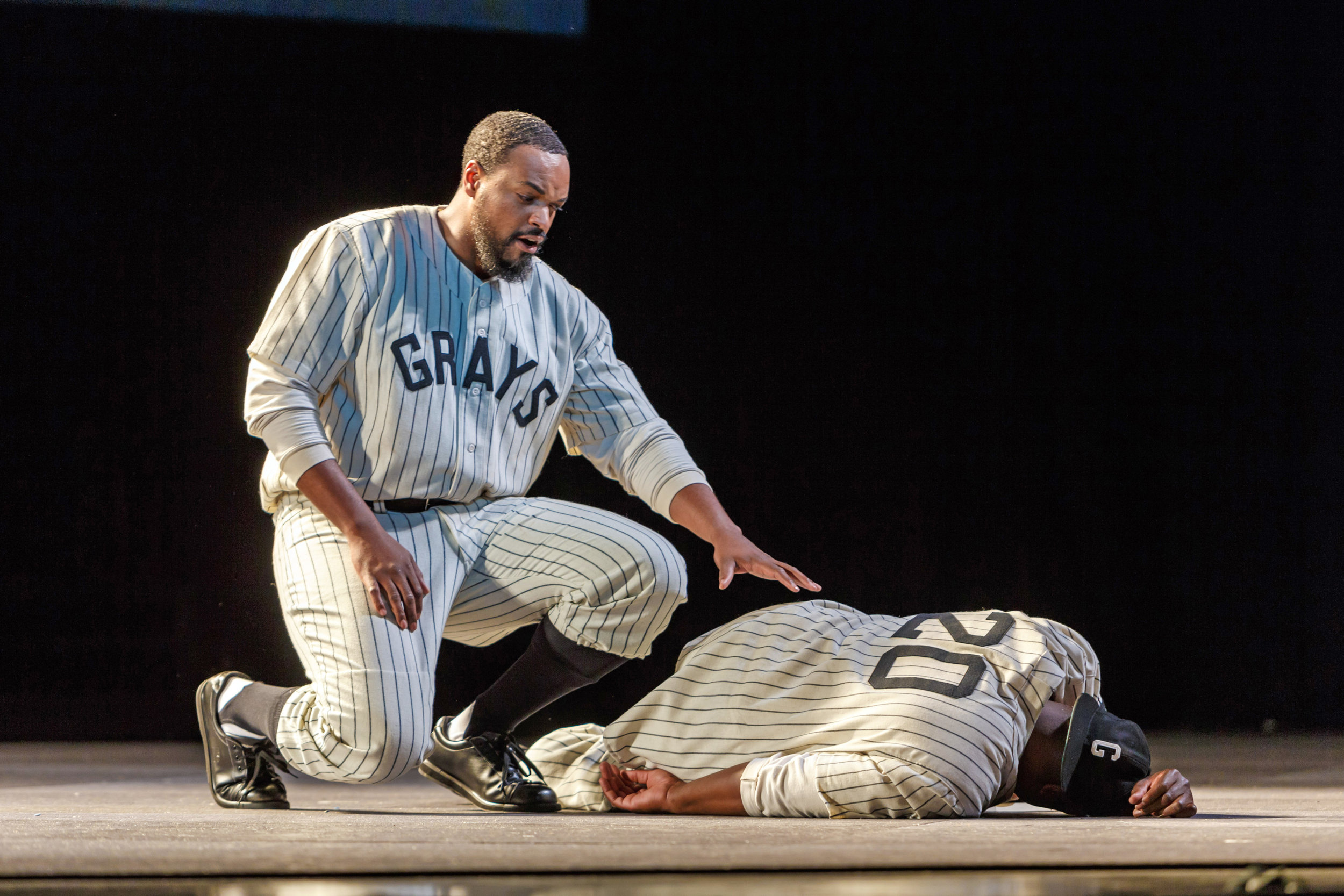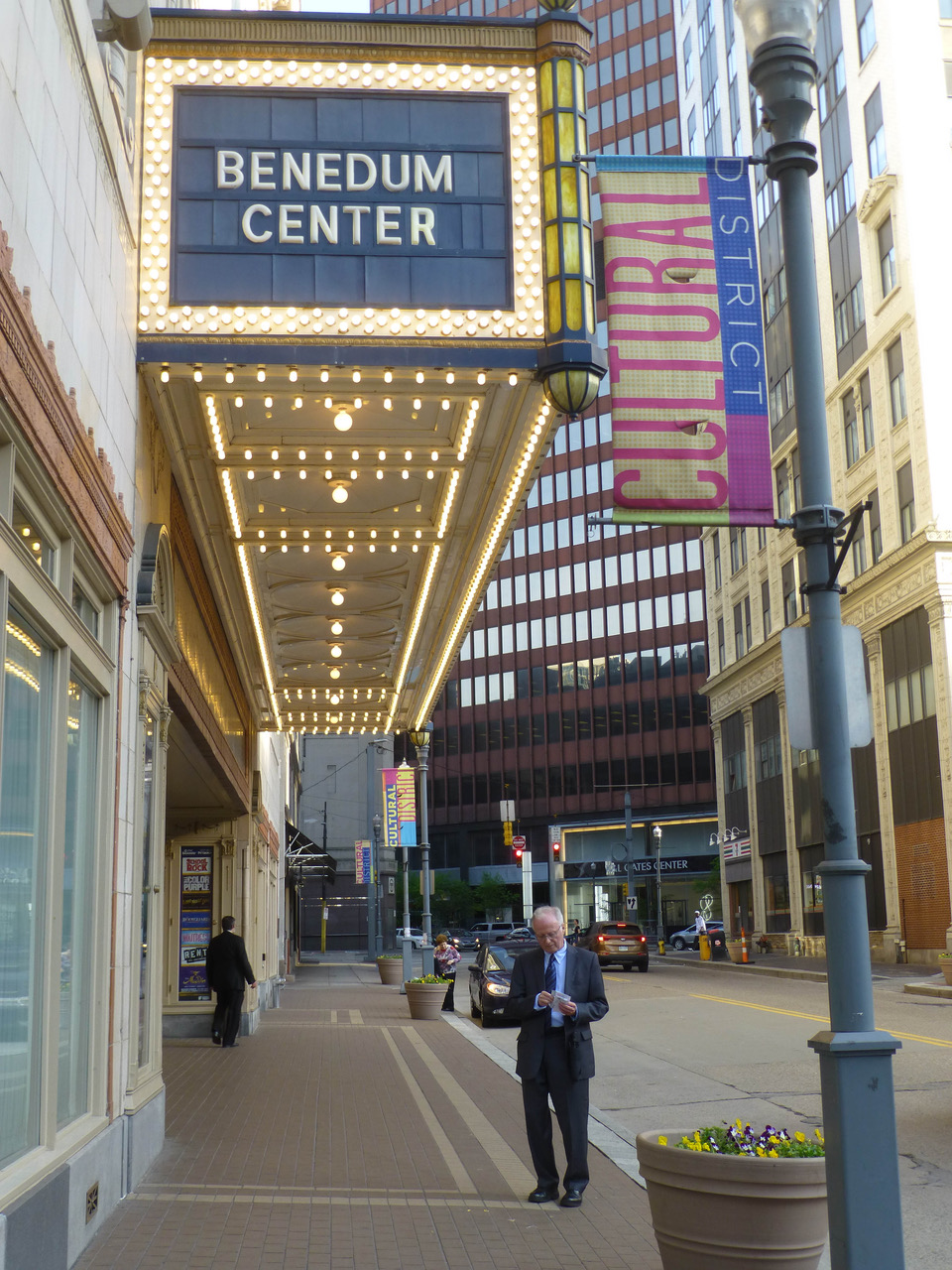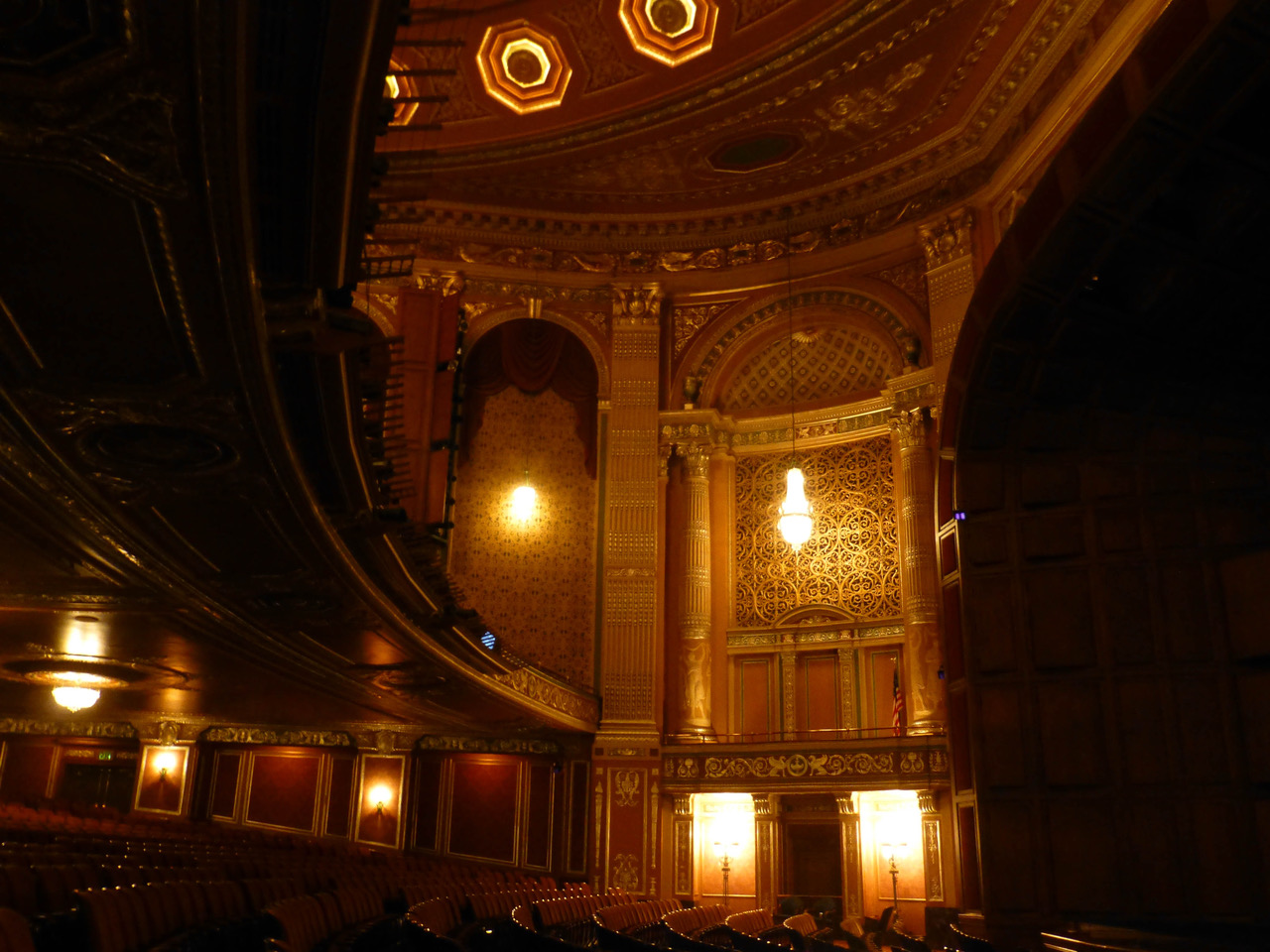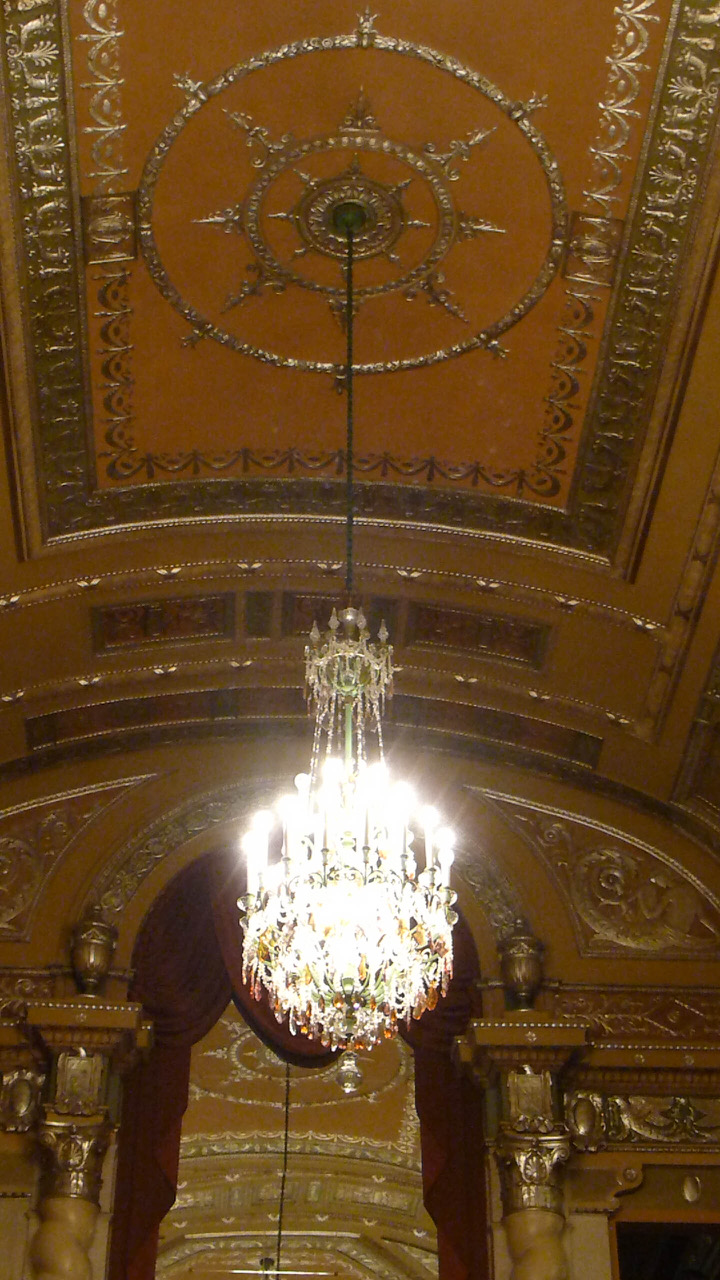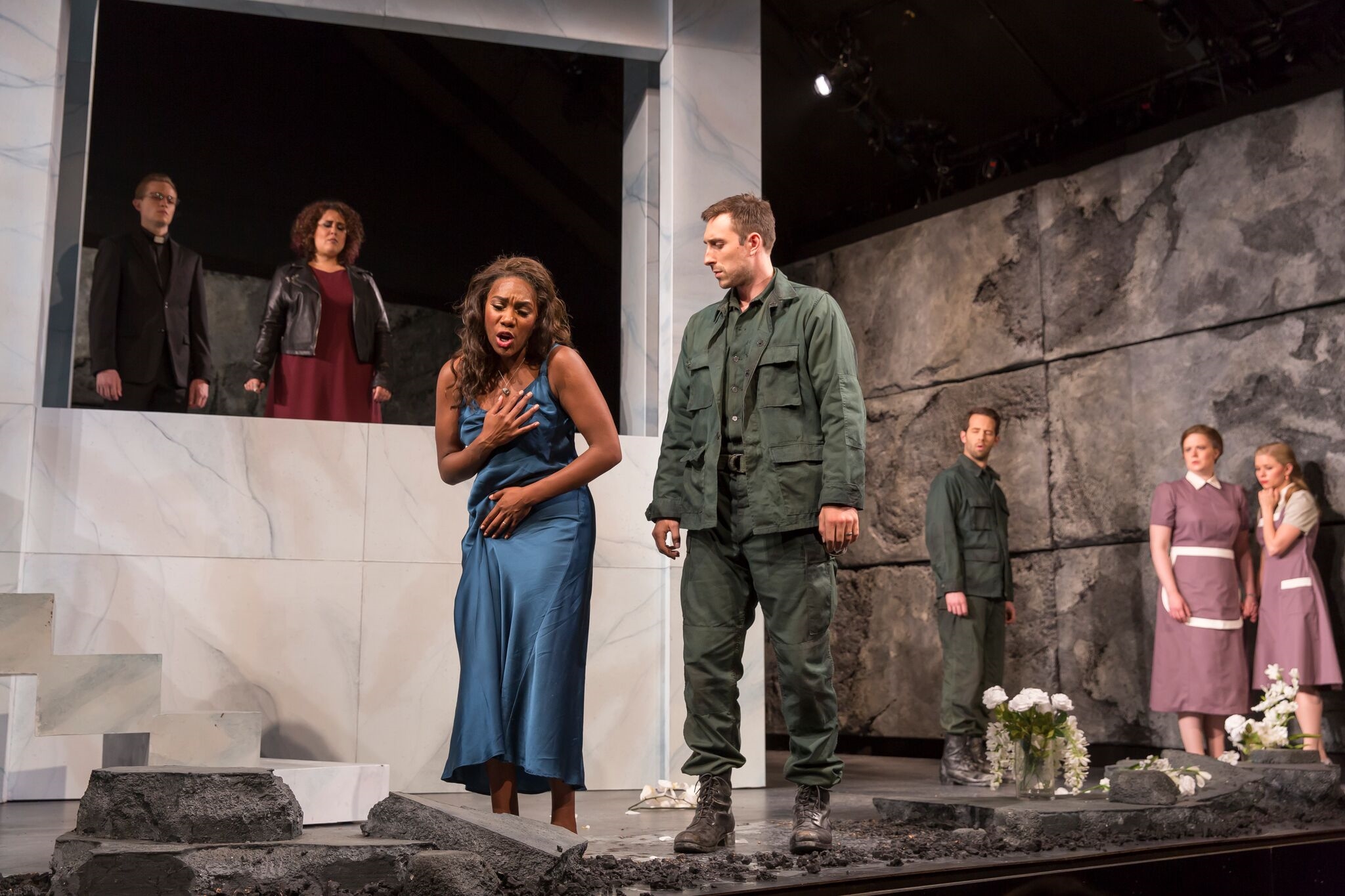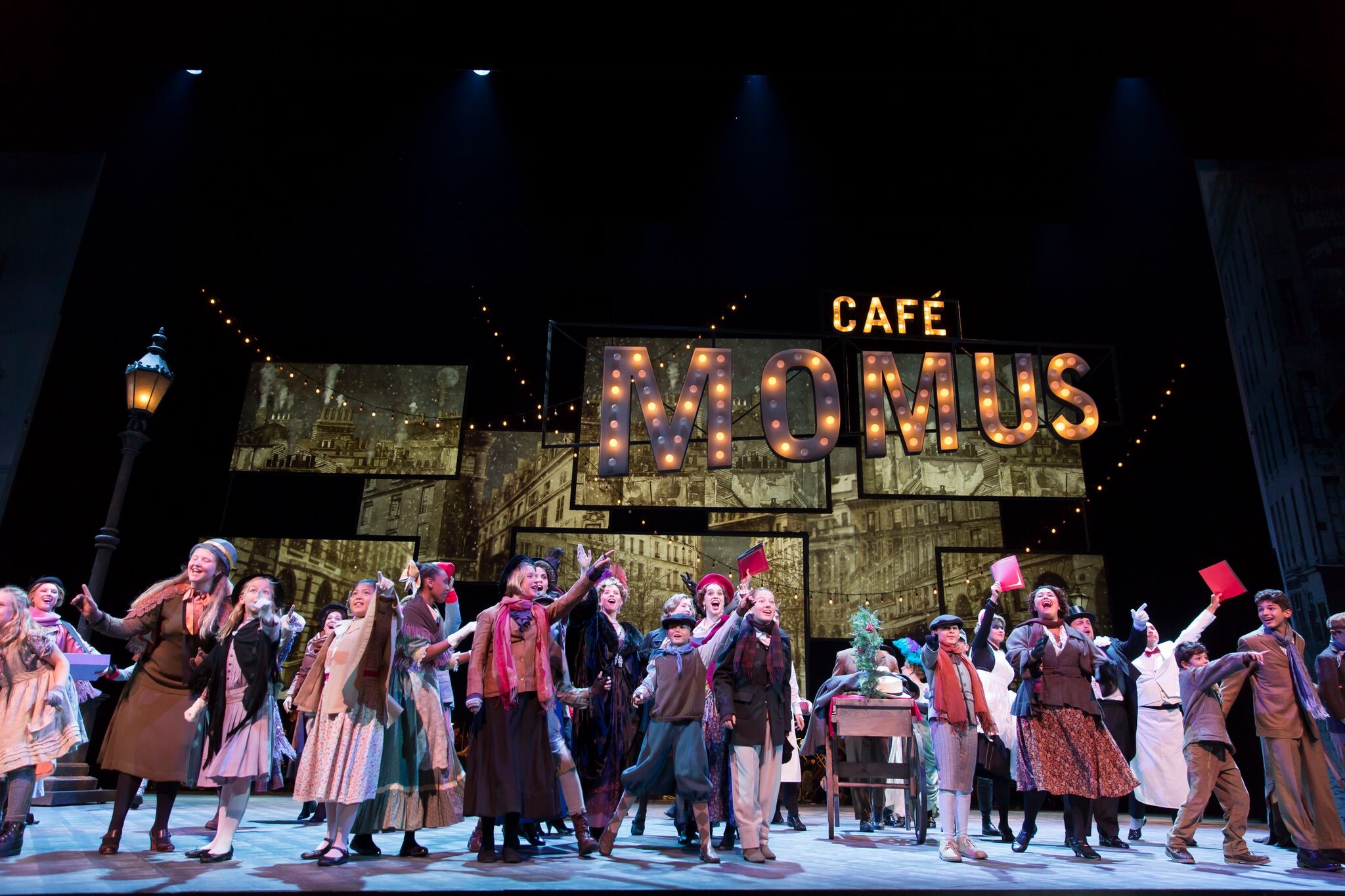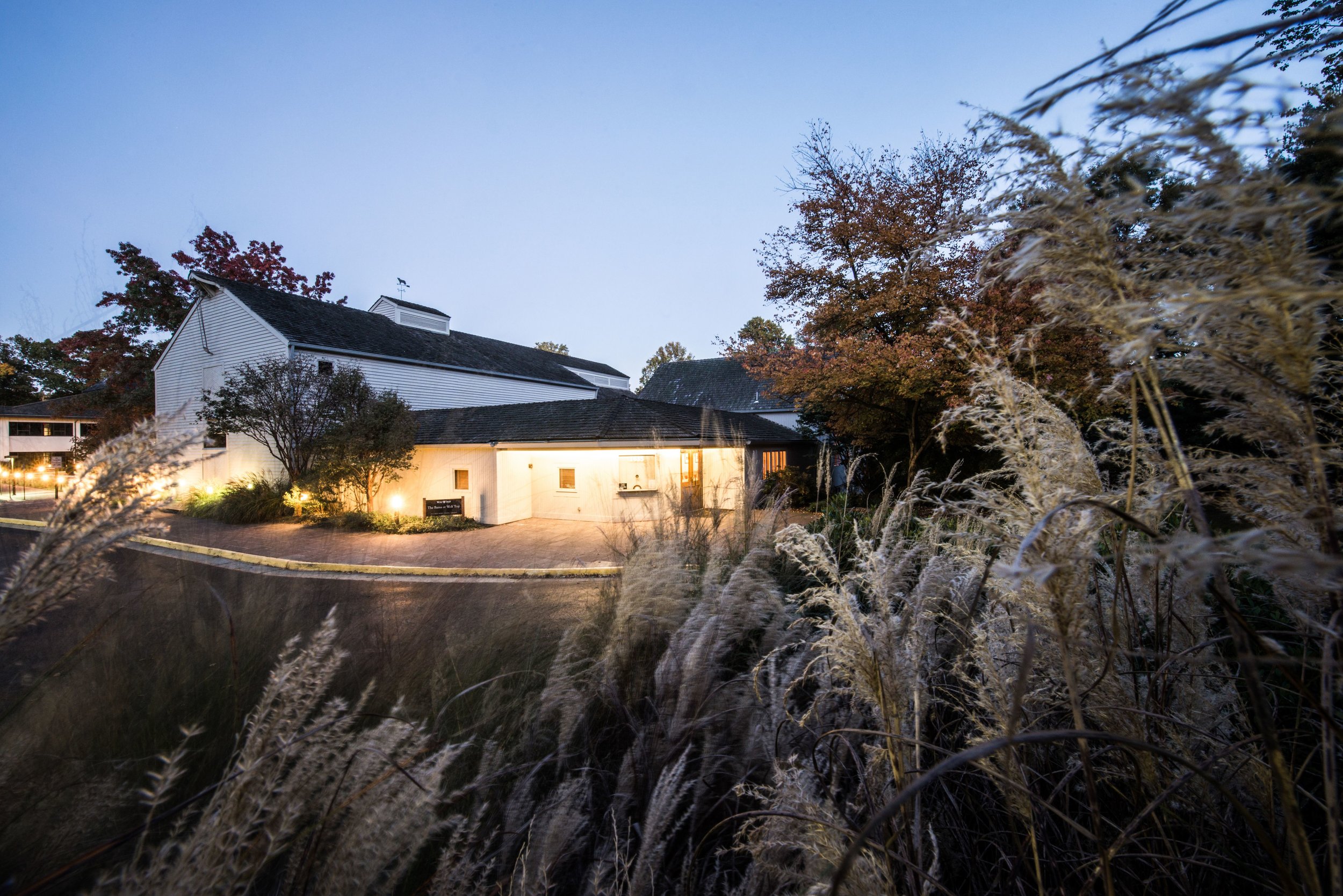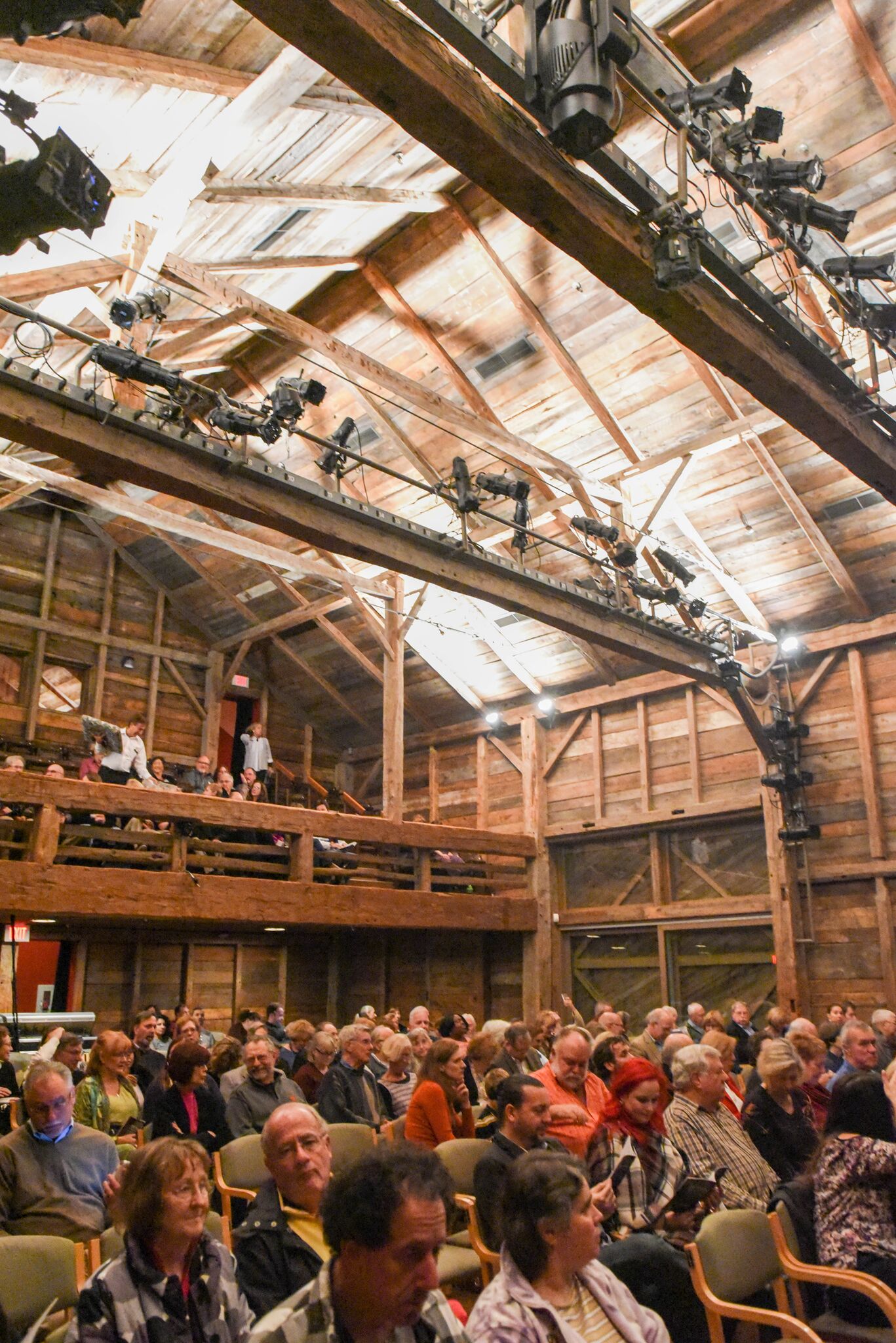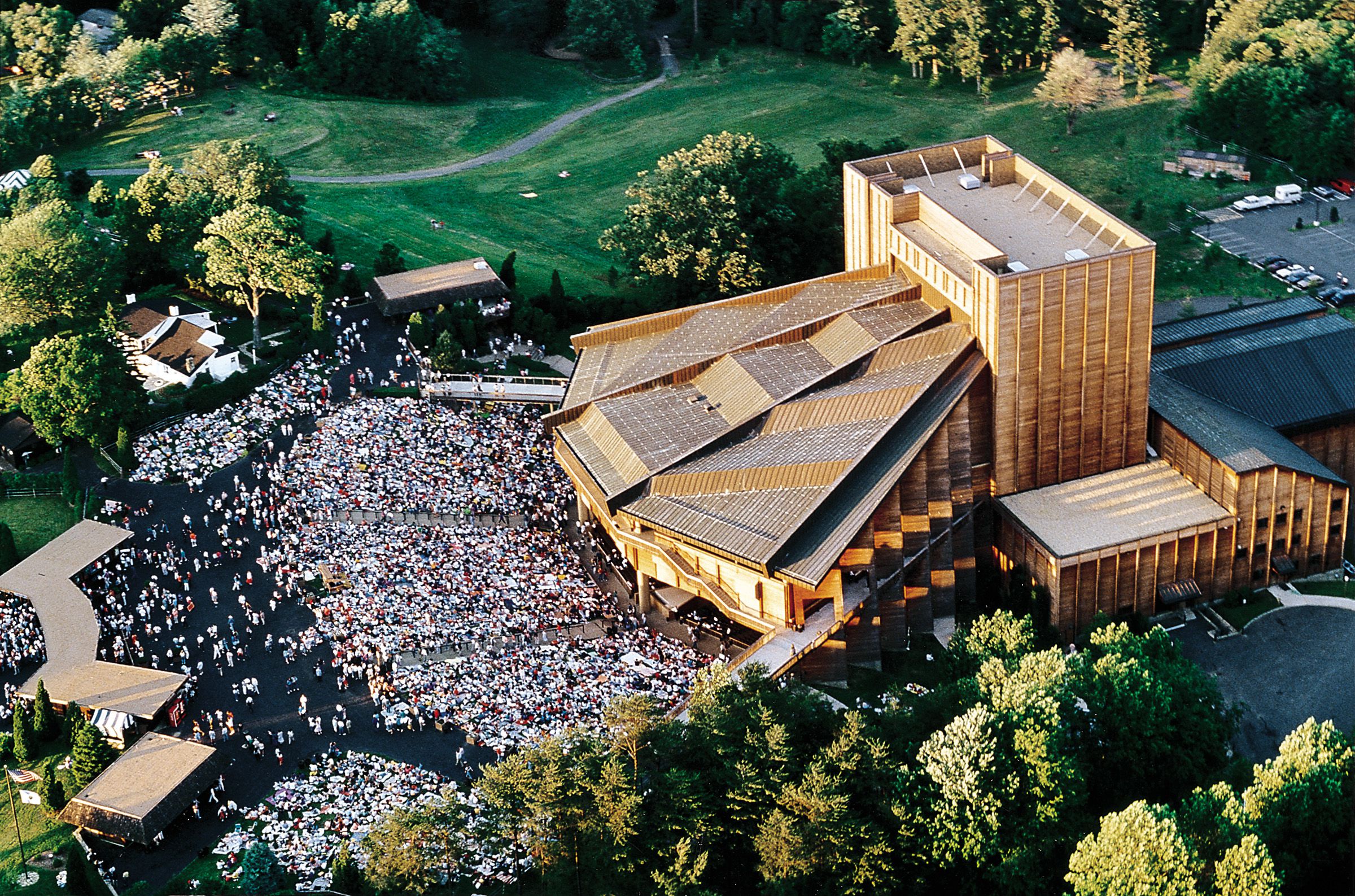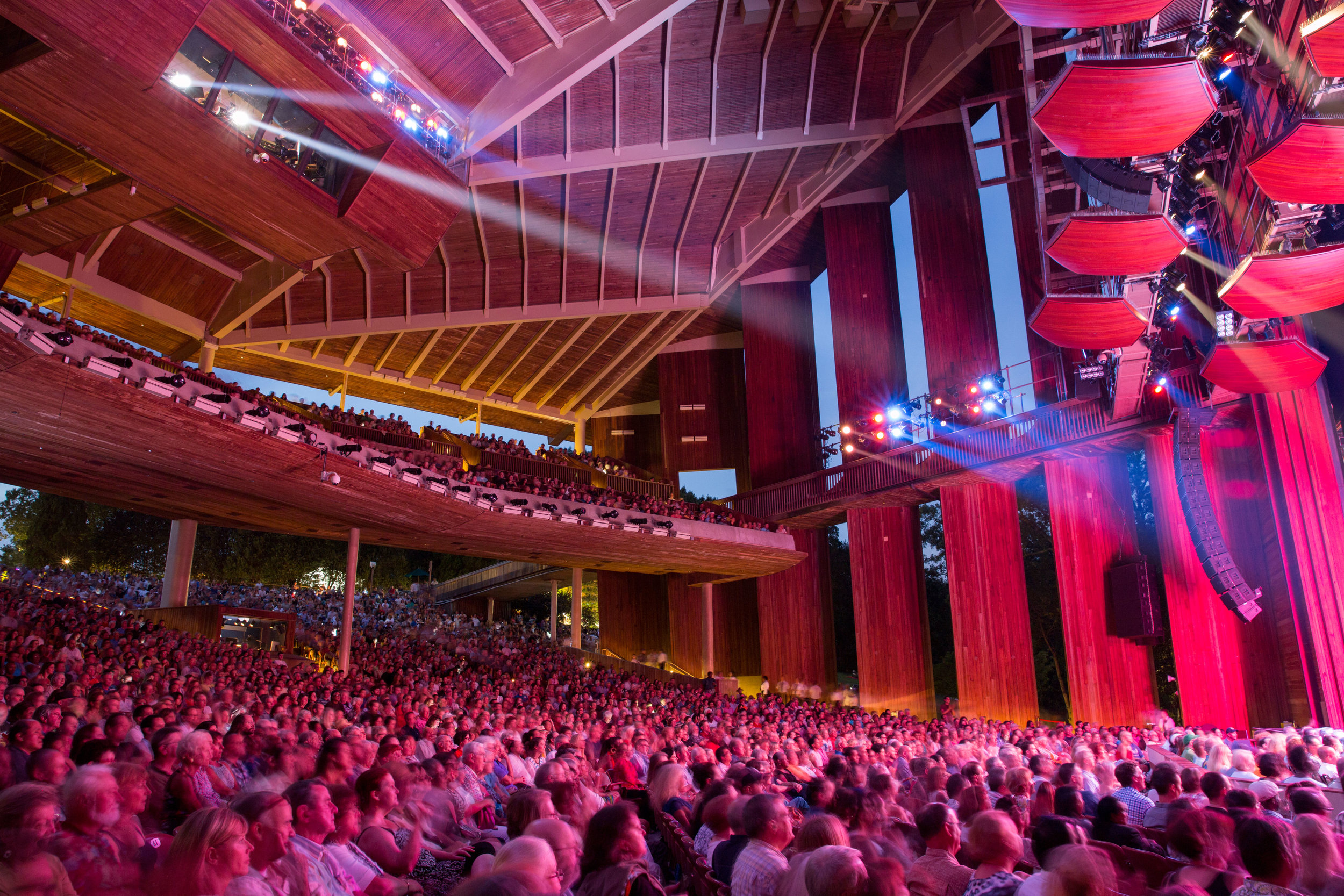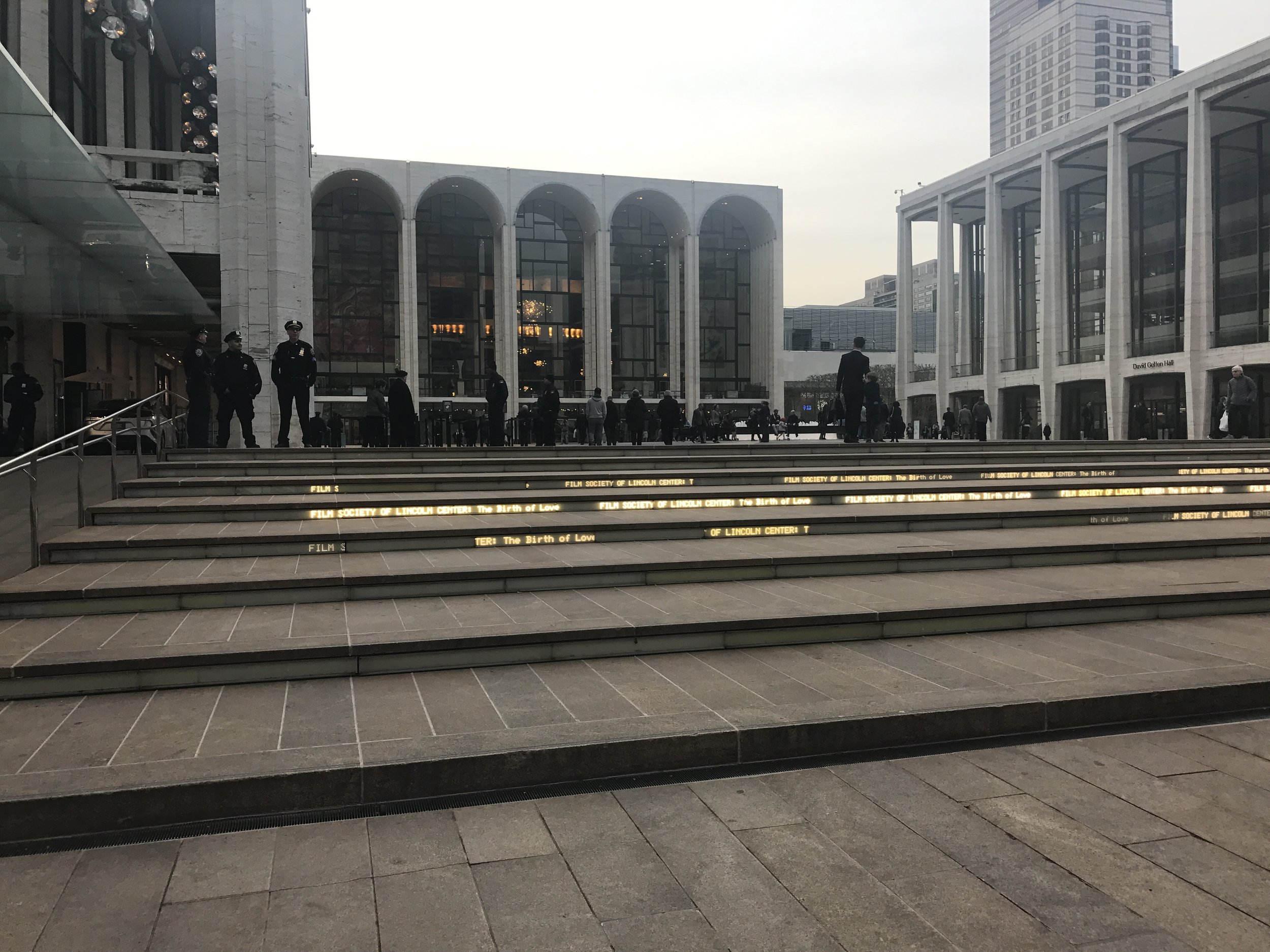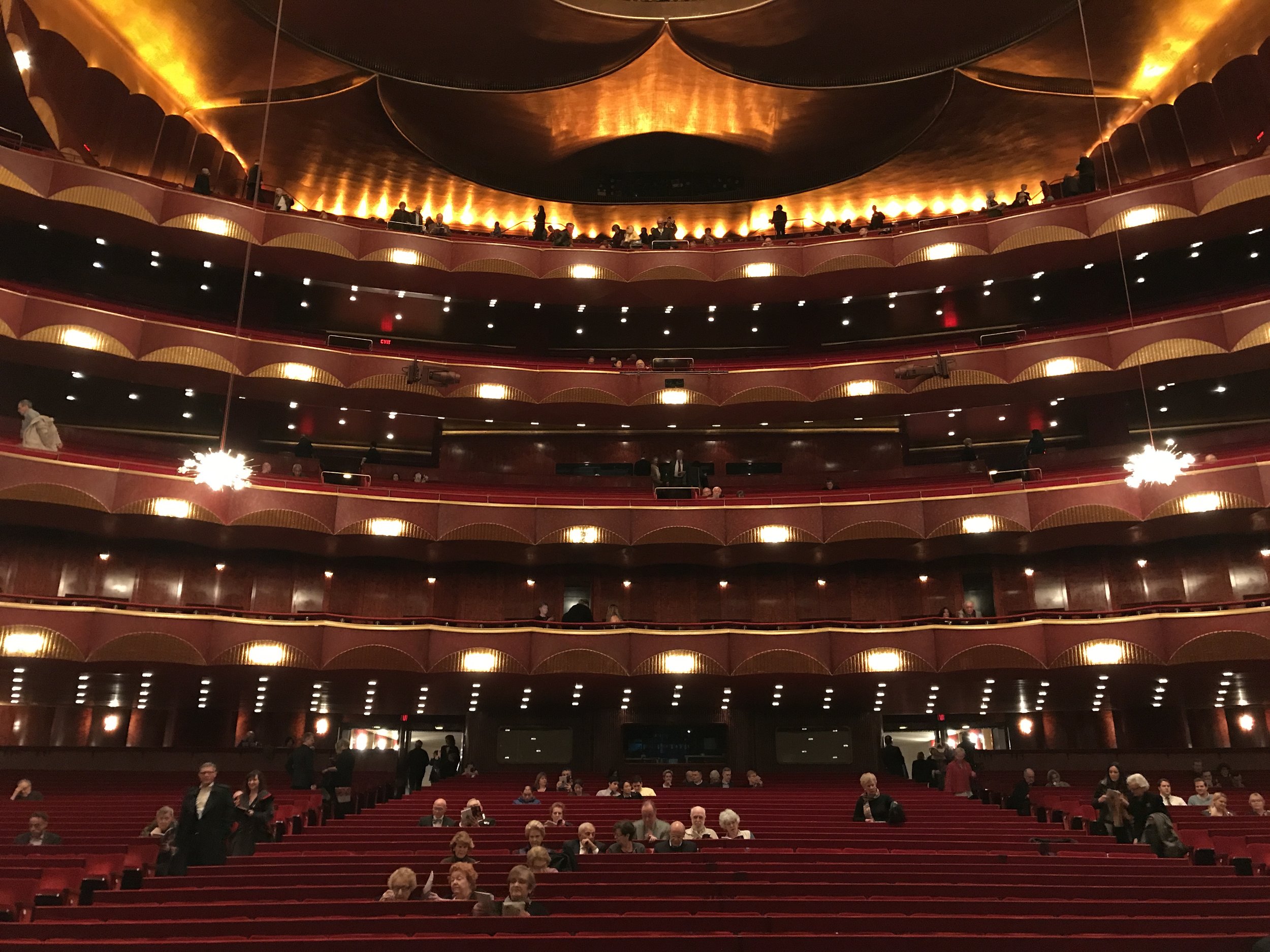The brightest star in the U.S. opera universe this season is not in New York, but in Philadelphia. Opera Philadelphia is bringing excitement and modern relevance to opera this year, in bucket loads. If you haven’t already, and I hope you have, take a long look at Opera Philadelphia’s new season which begins on September 14. Do not blink. It is going to come at you fast. It begins with a festival they are calling O17; scheduled are five productions and one major recital over 12 days held in five different venues, which includes only one opera that you have likely heard of, The Magic Flute. In addition, there will be a September 23 Opera on the Mall, a screening of last year’s Opera Philadelphia performance of The Marriage of Figaro. Opera Philadelphia is hoping that the currently popular binge-watching of television series will transfer to opera; ticket sales so far indicate the strategy is working. For the remainder of the season, they offer a new production in February of Written on Skin. They close out the season in April-May with a new production of Carmen. I am so impressed with Opera Philadelphia for demonstrating what a forward-thinking opera company can do! Metropolitan Opera, are you paying attention?!
Left photo: Elizabeth Cree; photo by Dominic M. Mercier and courtesy of Opera Philadelphia. Right photo: War Stories; photo by Stephanie Berger and courtesy of Opera Philadelphia.
Opera Philadelphia’s 2017-2018 schedule can be divided into two parts, O17 and the Season of Two:
O17 -
Sep 14-23: Elizabeth Cree by Kevin Puts/Mark Campbell at the Perelman Theater (World
Premiere)
Sep 14-23: War Stories by Claudio Monteverdi (Il combattimento di Tancredi e Clorinda) and
Lembit Beecher/Hannah Moscovitch (I Have No Stories To Tell You) at Philadelphia
Museum of Art (Philadelphia Premiere)
Sep 15-24: The Magic Flute by Wolfgang Amadeus Mozart/Emanuel Schikaneder at the
Academy of Music (Exclusive East Coast Appearance)
Sep 16-24: We Shall Not Be Moved by Daniel Bernard Roumain/Marc Bamuthi Joseph at the Wilma Theater (World Premiere)
Sep 17: A recital featuring Sondra Radvanovsky at the Perelman Theater
Sep 18-25: The Wake World by David Hertzberg at the Barnes Foundation (World Premiere)
Sep 23: The Marriage of Figaro, re-broadcast for the Opera on the Mall event.
Season of Two:
Feb 9-18: Written on Skin by George Benjamin/Martin Crimp at the Academy of Music (New
Production and Philadelphia Premiere)
Apr 27-May 6: Carmen by Georges Bizet/Ludovic Halevy and Henri Meilhac at the Academy of Music (New Production)
Left photo: The Magic Flute; photo by Robert Millard/LA Opera and Courtesy of Opera Philadelphia. Right photo: We Shall Not Be Moved; photo by Dominic M. Mercier and courtesy of Opera Philadelphia.
Looking at the listing above should give you an immediate impression of O17. I also recommend an excellent overview of O17 written by David Patrick Stearn, music critic for the Philadelphia Enquirer. I found his discussion of the staging challenges and innovations being attempted by Opera Philadelphia in five different venues to be especially enlightening. I will only briefly mention the story line for each production. Elizabeth Cree, by Pulitzer Prize winning composer Kevin Puts and currently hot librettist Mark Campbell, is based on Peter Ackroyd’s novel, The Trial of Elizabeth Cree. Taking place in 1880 London, Cree is on trial, accused of poisoning her husband; suspense and surprises ensue; in English with English supertitles. War Stories combines in a double-bill a classic composition of Monteverdi’s involving false identity in an episode of Christian-Muslim warfare with a more modern take on war as a cause of PTSD by composer Beecher and librettist Moscovitch. The Magic Flute by our great benefactor Mr. Mozart and librettist Schikaneder enmeshes singers with animated projections for a modern take (a Los Angeles Opera original) on this classic. For me, the new staging is welcomed since the story here is not much more than a framework for Mozart’s music (with apologies to Ingmar Bergman), but such magnificent music it is! The Queen of the Night’s aria is one of the great operatic arias. We Shall Not Be Moved by composer Roumain and librettist Joseph is based on a real event, the 1985 standoff between the black liberation group, MOVE, and the Philadelphia police; a police helicopter dropped a bomb on members of the group, besieged in a row house, that resulted in eleven deaths, including five children, and started a fire that destroyed dozens of nearby homes. In the opera, a current group of teens move into the warehouse which was MOVE’s headquarters and encounter ghosts. The Wake World, a one-act opera by composer/librettist David Hertzberg, held in the Barnes Foundation, utilizes an imagined magical journey by a young girl through the Barnes collection. A highlight of the festival will be a recital by famed soprano Sondra Radvanovsky whose recent appearances in Met Opera and Lyric Opera performances have drawn wide acclaim.
Left photo: Sondra Radvanovsky; photo by Andrew Eccles and courtesy of Opera Philadelphia. Right photo: Ensemble view, Room 1, north, The Barnes Foundation; courtesy of Opera Philadelphia.
The Season of Two does not let up on pushing the frontiers of opera. The February selection, Written on Skin is a new production of a full-length, modern opera by composer George Benjamin and librettist Martin Crimp that premiered in 2012 and has been produced a dozen or so times since then worldwide. I am amused by Opera Philadelphia’s tagline, calling it “A thrilling portrait of godliness and lust”. From watching TV series like Game of Thrones and The Handmaid’s Tale, I guess it doesn’t get any more modern than that. A powerful landowner, the Protector, commissions a young male artist to prepare an illustrated manuscript of his life and good deeds. The Protector is described as “addicted to purity and violence” and considers his wife his “property”. What could go wrong in this triangle? The proof is in the pudding; read the synopsis and you will get my meaning. Angels narrate the action; good choice. I’m intrigued; there has to be a profound meaning in there somewhere. I’m also curious how it will be presented by Opera Philadelphia. Of course, the music’s the thing, and this is a good chance to get to know Mr. Benjamin’s music.
As if to make a statement that the traditional repertoire has not been abandoned, Opera Philadelphia finishes up in April/May with Carmen, composer Bizet’s and librettists Halevy’s and Meilhac’s masterpiece. Carmen is, of course, one of the most performed operas in the world. As such, Opera Philadelphia has promised a new production of the fiery Spanish gypsy’s seductive and deadly entanglements. There is probably no other opera with more recognizable music and memorable arias than Carmen. It is a chance for the singers to shine, and of particular note, is mezzo-soprano Daniela Mack who will portray Carmen. She appeared in Santa Fe Opera’s recent production of Handel’s Alcina and will reprise that role for Washington National Opera’s Alcina in November. In addition, she will portray the lead in Elizabeth Cree for Opera Philadelphia. She is accompanied by emerging stars, Evan LeRoy Johnson as Don Jose, Adrian Timpau as Escamillo, and Kirsten MacKinnon.
Usually, I am wishing I lived a little closer to Manhattan to take in more opera, but this year, the apple of my eye is Opera Philadelphia.
The Fan Experience: Tickets for Opera Philadelphia performances can be ordered online or by calling the box office at 215-732-8400. To help navigate the O17 Festival, they have produced a nifty app that can be accessed in the App Store; search for Opera Philadelphia 2017-2018. Tickets are limited for many O17 performances and there are many sell outs. Opera Philadelphia also offers suggestions for hotels in the area; I recommend checking with the box office. My wife and I have stayed at the Doubletree Hotel across the street from the Academy of Music, which can’t be beat for convenience, and at the Courtyard Philadelphia South at the Navy Yard, convenient to I-95 and is only about a $25 taxi ride to the Perelman Theater; both hotels were fine with the Courtyard being less expensive.


